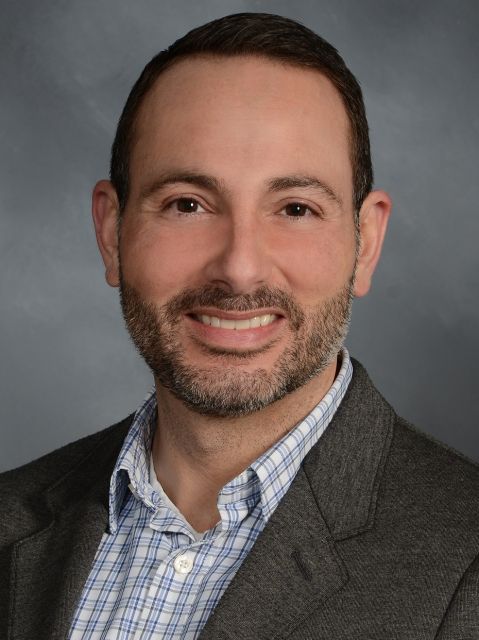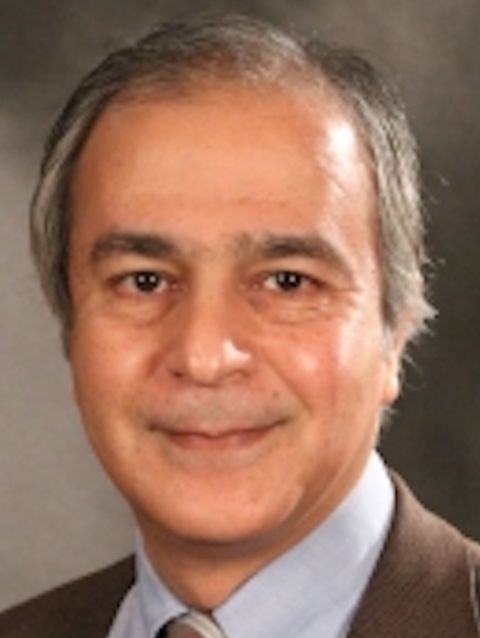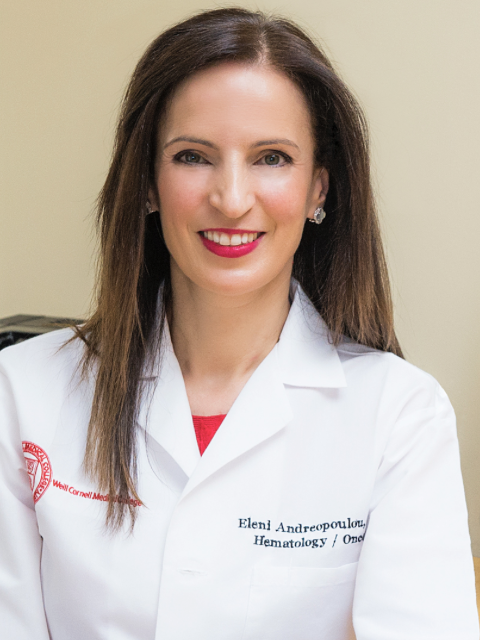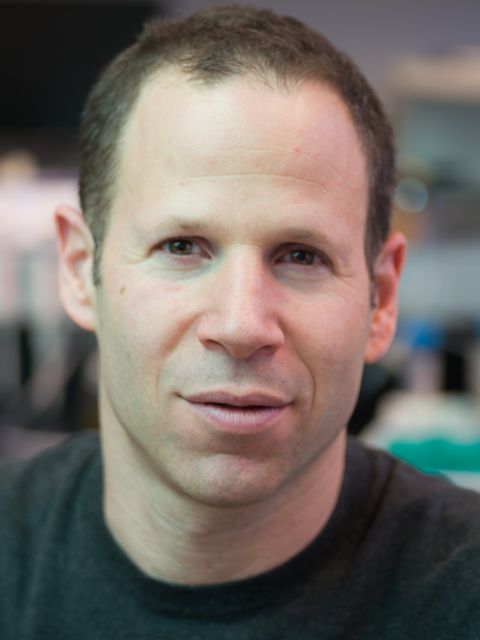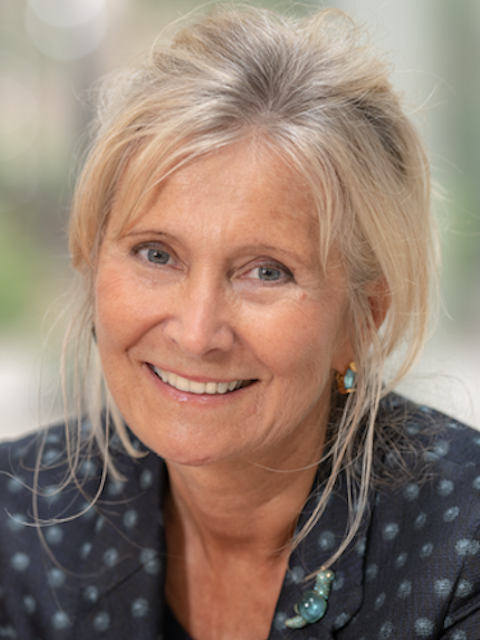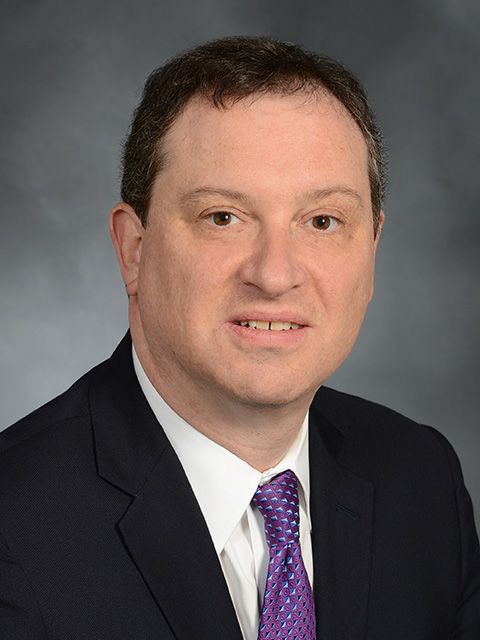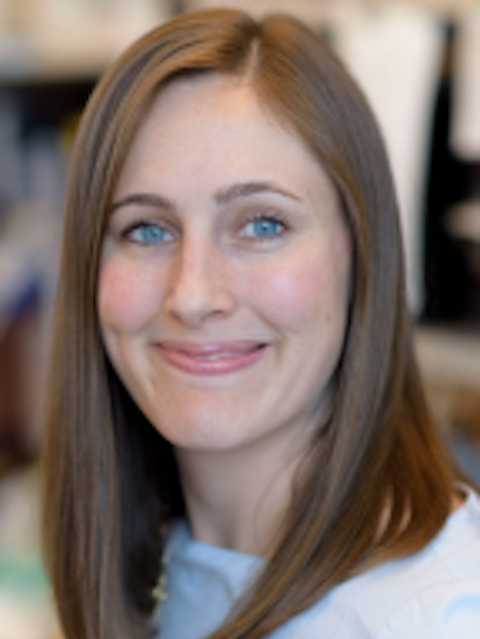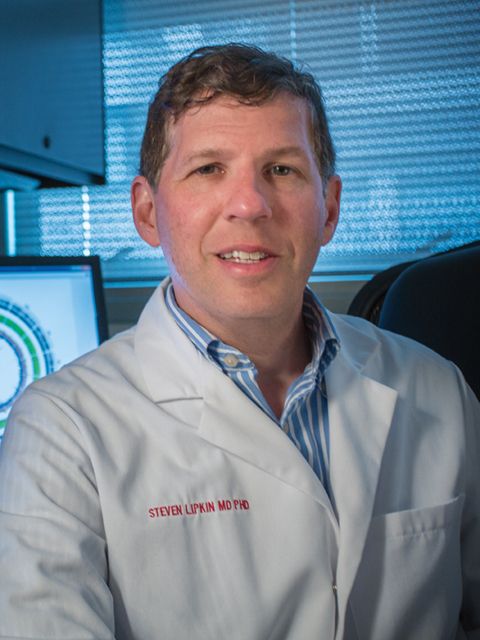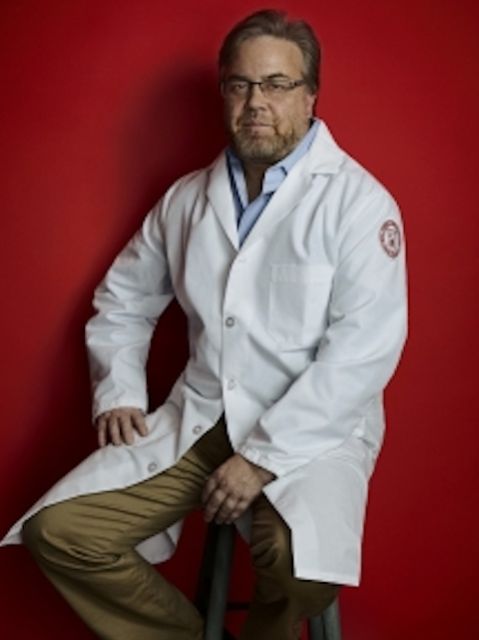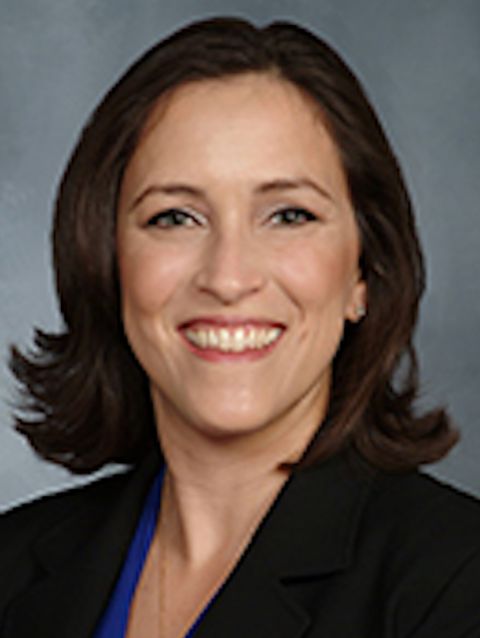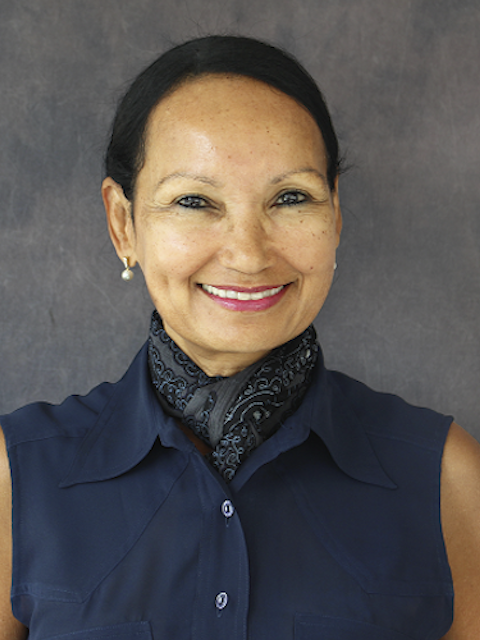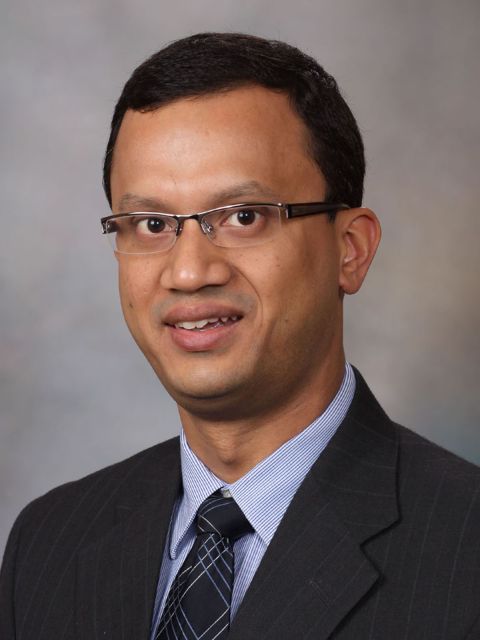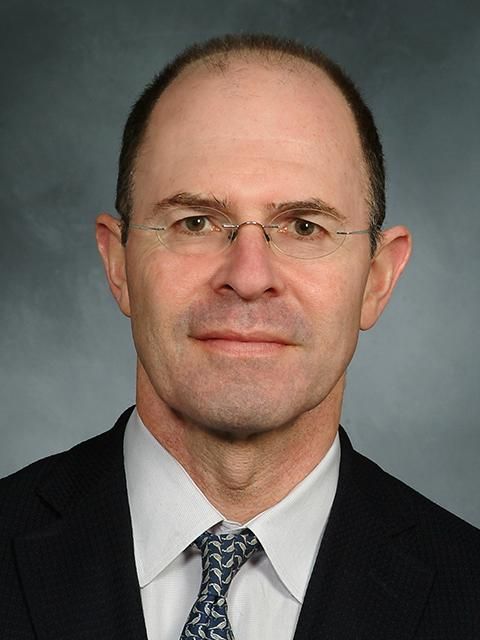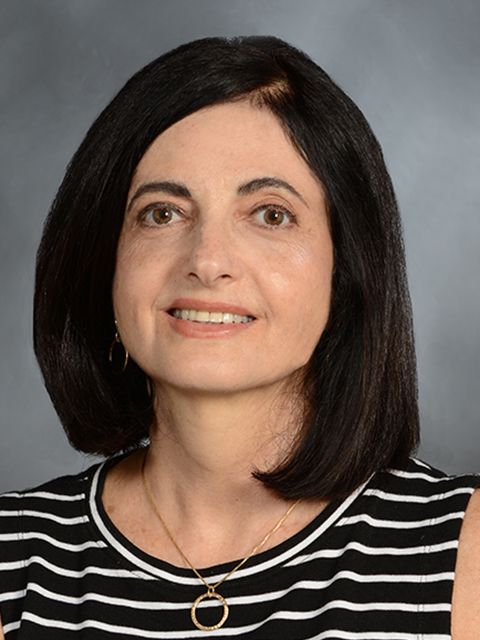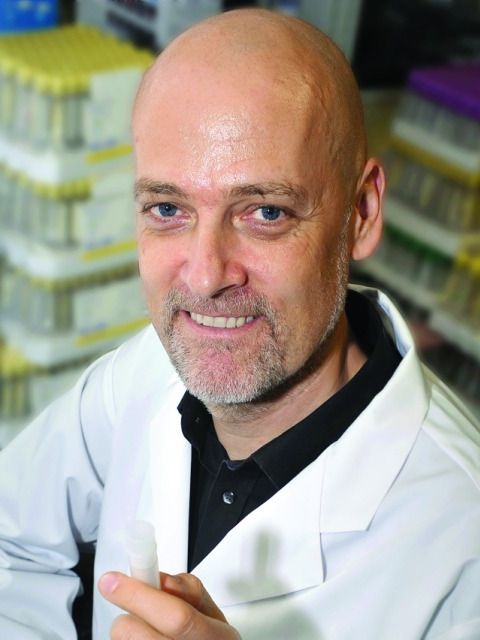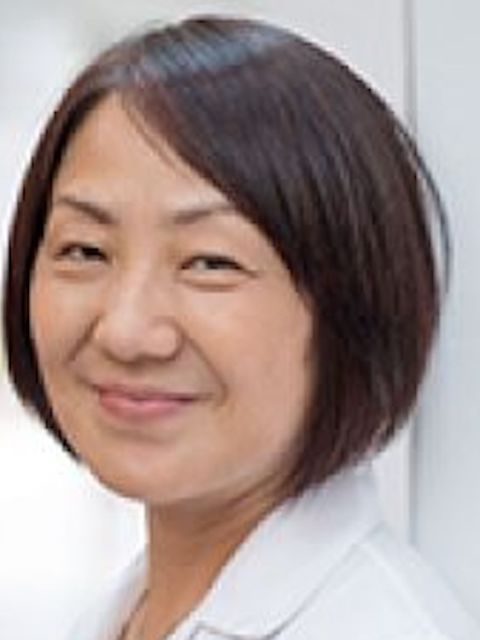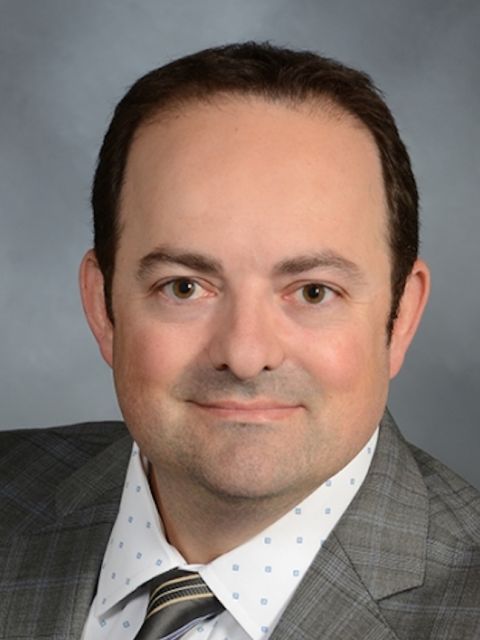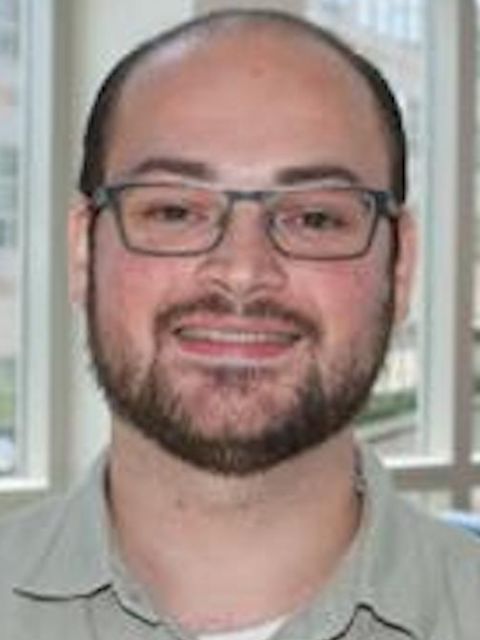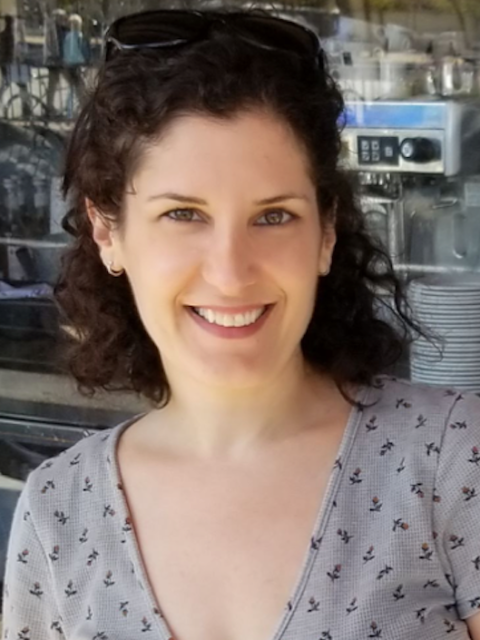The Englander Institute’s multidisciplinary team of clinicians, scientists, and computational biologists apply a collective expertise to pinpoint the molecular underpinnings of disease and spur the discovery of novel therapies.
A Multidisciplinary Approach
Through active collaboration among clinical and research departments across Weill Cornell Medicine, NewYork-Presbyterian Hospital, Brooklyn Methodist Hospital and NYP Queens, the institute aims to bring precision medicine to every patient. This inclusive, team approach to patient care and medical research is critical to speeding the handoff from discovery to clinical implementation.
The Englander Institute is home to over 200 faculty, staff, and trainees.
Executive Core
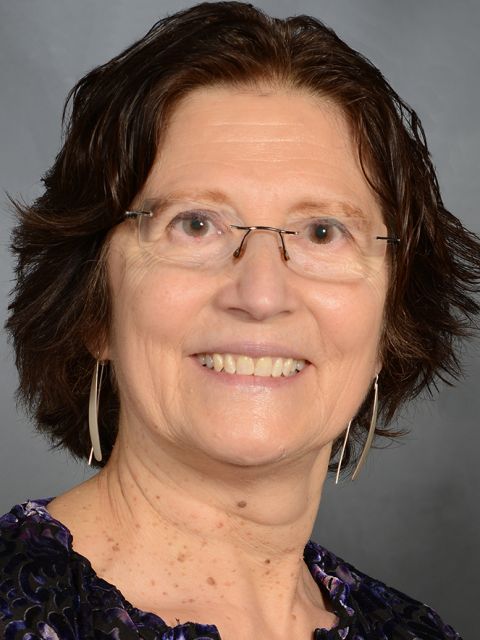
- Director of Innovation, Englander Institute for Precision Medicine
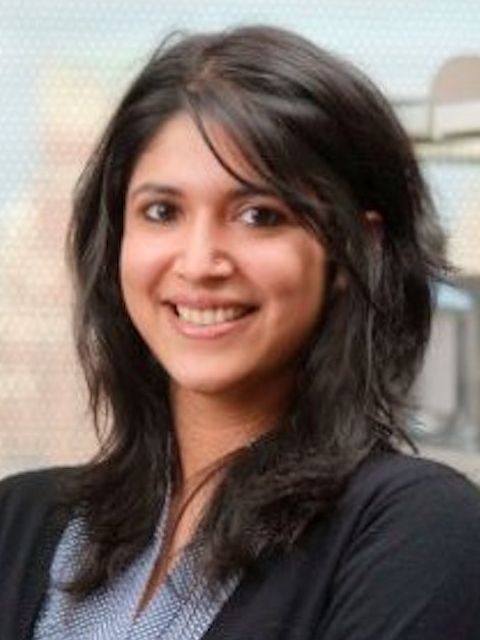
- Senior Research Associate in Computational Biomedicine
Bhavneet is a computational biologist interested in understanding the varied aspects of cancer biology that influence tumor initiation and progression, with a focus on immunogenomics. She studies diverse factors (e.g., somatic alterations, neoantigens, infiltrating celltypes) that shape the tumor microenvironment and that may eventually explain heterogeneity in patient responses to therapy. She uses multivariate and predictive modeling approaches for her analyses.
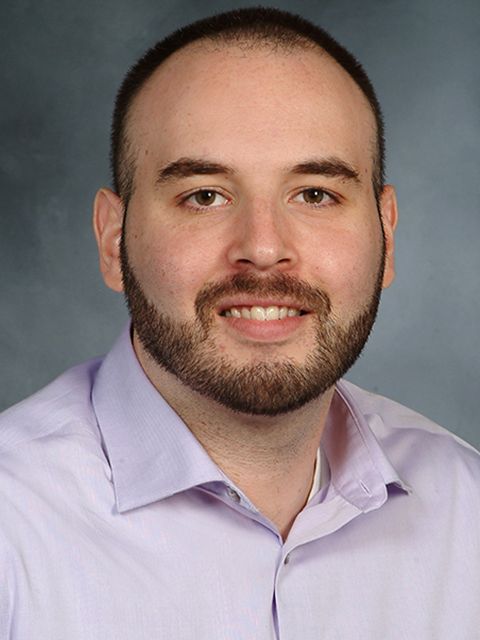
- Associate Director, Englander Institute for Precision Medicine
Jeff Catalano is the Associate Director of the Englander Institute for Precision Medicine for IPM Administration.
Accomplished healthcare professional with over 10 years of demonstrated success in program development, clinical operations, and administrative management. Highly resourceful and trusted leader with a proven track record of success achieving goals while navigating complex healthcare environments. Recognized and respected for problem-solving ability, generating measurable results and implementing processes and strategies that have proved to be both operationally and financially efficient.
Jeff holds a MA in Psychology and an MBA from Louisiana State University.
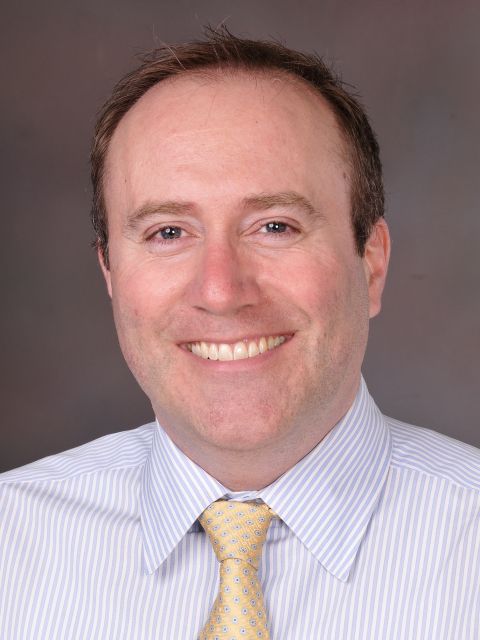
- EIPM Communications Manager
Peter Cleary is the EIPM Communications Manager and is responsible for promoting the Institute, it’s professional staff and their research to internal and external audiences. He co-manages the EIPM website and social media channels including Facebook, Twitter, and Instagram, and creates print and digital communications for news media outreach, legislative and development opportunities. He has extensive experience promoting health, medical and science communications having worked with leading private sector and nonprofit organizations. Peter can be reached via ptc4001@med.cornell.edu or (347) 322-9695.
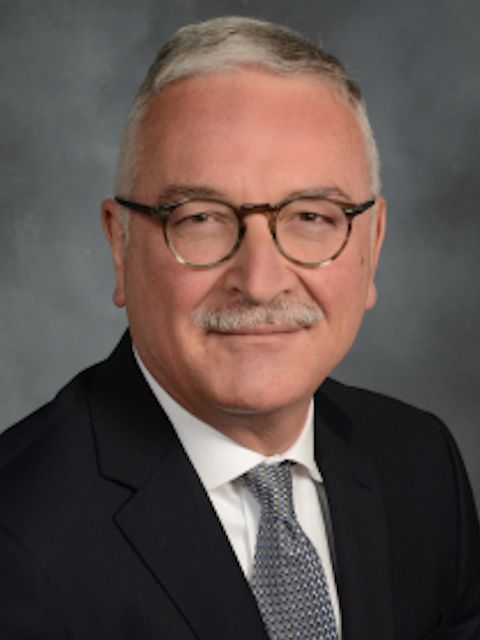
- Scientific Director, Englander Institute of Precision Medicine
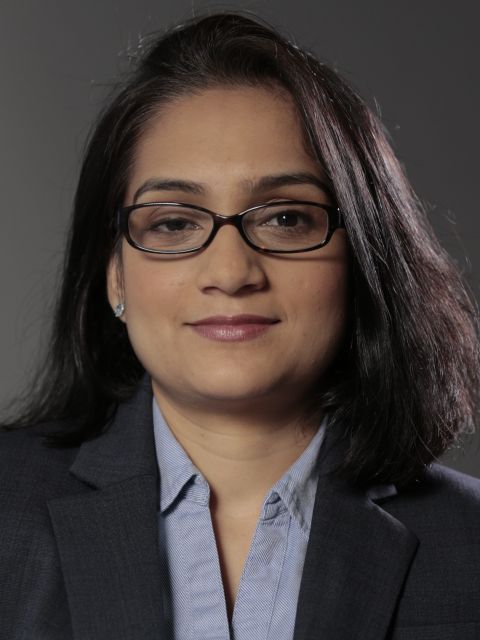
- Clinical Director, Englander Institute Precision Medicine Molecular Aging Institute
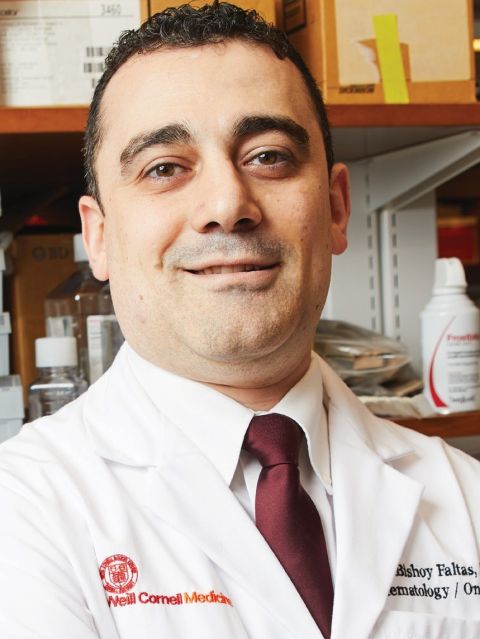
- Chief Research Officer, Englander Institute for Precision Medicine

- Director of Ex Vivo Models, Englander Institute for Precision Medicine
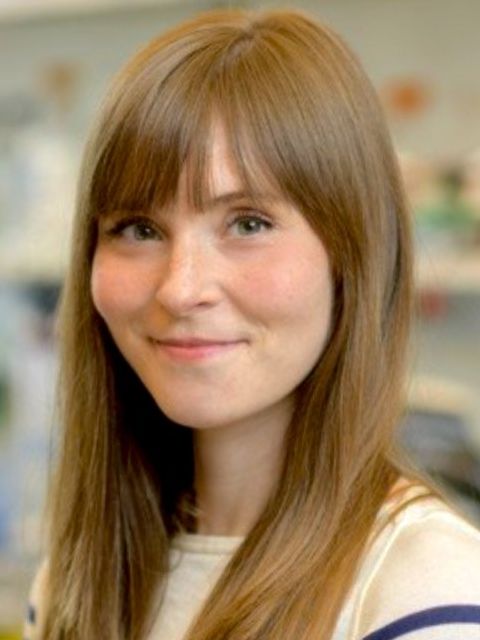
- Director of Translational Research, Englander Institute for Precision Medicine
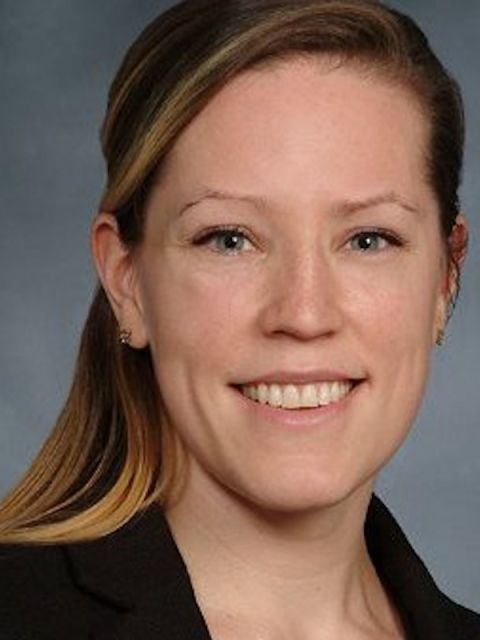
- Director, Strategy & Business Development
Theresa MacDonald is Director of Strategy at the Englander Institute. In this role, she is responsible for developing strategic plans and new initiatives for the institute. Current plans include expanding patient access to precision medicine to new clinics and WCM sites and forming industry partnerships focused on genomics-driven drug discovery and clinical utility assessment of genomic medicine.
Ms. MacDonald has 15 years’ experience in academic centers including Weill Cornell Medicine and Beth Israel Deaconess. She graduated from McGill University with a BA in English Literature and obtained her MBA from Johns Hopkins University Carey School of Business.
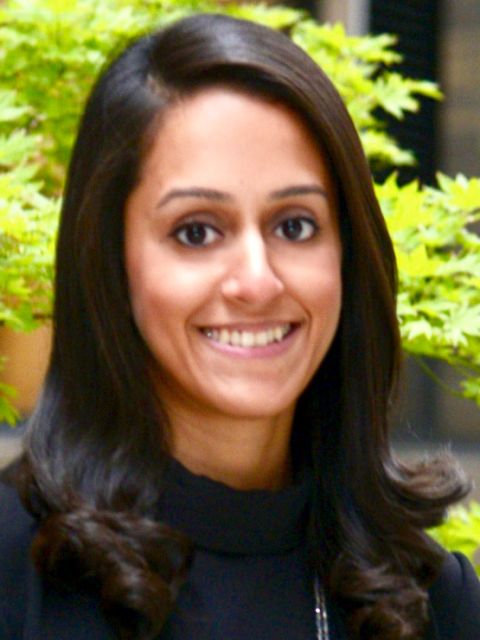
- Clinical Research Manager-EIPM
Jyothi supports the Englander Institute for Precision Medicine as a Clinical Research Manager, facilitating clinical research and managing clinical trial operations and research project management for EIPM. In this capacity, she leads efforts to develop processes and initiatives for patient recruitment and enrollment, biospecimen collections and biobanking, clinical outcomes data management and database design and building. With a strong background in molecular epidemiology and global health, and a keen interest in data science and population health, Jyothi is driven by a desire to engage under-represented populations in clinical research, examine and address drivers of healthcare disparities, and develop innovative and strategic initiatives to improve the health of at-risk populations.
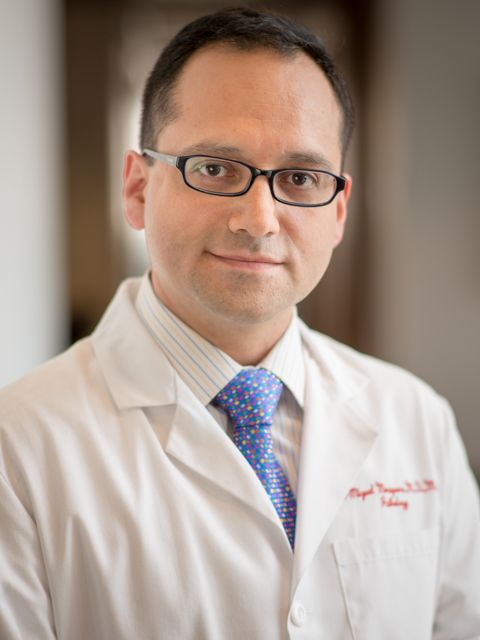
- Director of Research Pathology at the Englander Institute for Precision Medicine
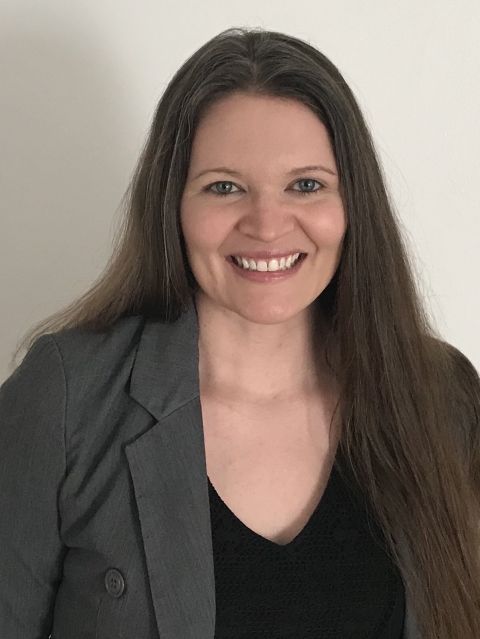
- Laboratory Manager
Jenna Moyer is the Platform Manager (Ex vivo models) at the EIPM at Weill Cornell Medicine. She manages the 3D organoid model development and biorepository pipeline. Her primary goals include: 1) optimizing and validating model generation conditions to further develop models of scientific and clinical relevance and 2) to establish industry standard workflows and quality control processes to support a growing biorepository. She also performs experimental research using the 3D organoid models and coordinates additional research collaborations for the Ex vivo models platform.

- Program Manager
Marie Normile supports the Englander Institute as a Program Manager, engaging clinicians, research scientists, staff and students through educational programs. With experience in message development, investor narratives, executive visibility and thought leadership at the Abernathy MacGregor Group, she promotes the Institute’s mission and vision to multidisciplinary teams. A graduate of Providence College, Ms. Normile recently obtained an MBA at St. John’s University.
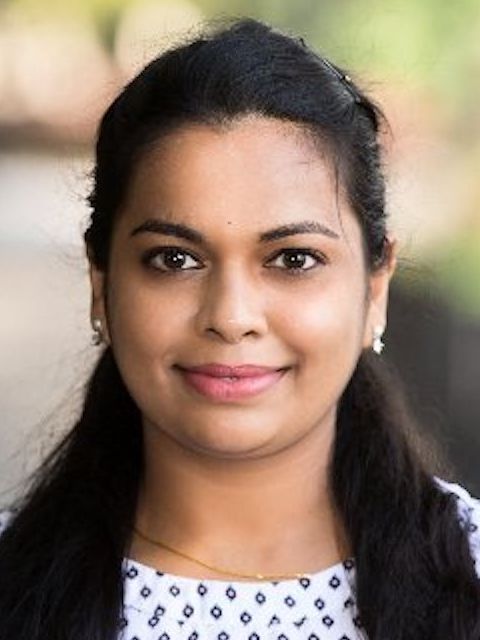
- Director of Spatial Biology, Senior Research Associate, Englander Institute for Precision Medicine
Experienced Senior Research Associate and Director of Spatial Biology with a demonstrated specialization in mass cytometry and flow cytometry based proteomic assay development to augment the research. Skilled in Microsoft Word, Mammalian Cell Culture, Multi-color Flow Cytometry, Biotechnology, and Market Research. Strong research background with a Master’s Degree in Pharmacology from Northeastern University.

- Associate Director for Precision Immunology
- Professor of Radiation Oncology
- Professor of Physiology and Biophysics

- Director of Informatics and Computational Biology, Englander Institute for Precision Medicine
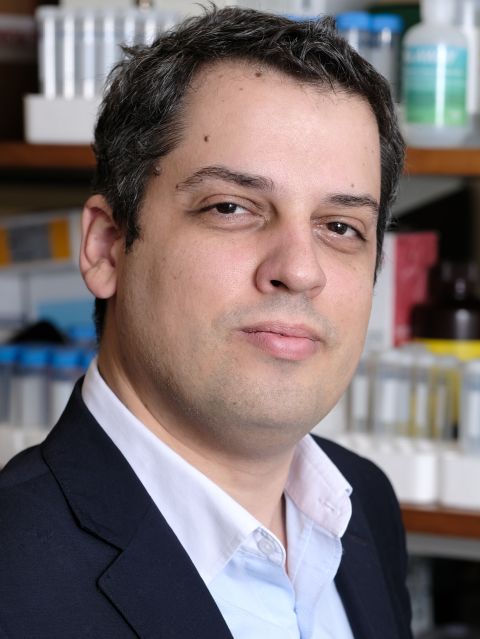
- Assistant Professor of Research in Physiology and Biophysics at Weill Cornell Medicine
Alex, is an Assistant Professor of Research in Physiology and Biophysics at Weill Cornell Medicine. He develops software solutions for the Englander Institute for Precision Medicine and Institute for Computational Biomedicine with projects spanning over healthcare system design, LIMS and pipeline design for computational genomic analysis. His research interest focuses on data visualization and interaction of healthcare and genomic data using new emerging technologies including augmented and virtual reality such as Hololens, Oculus Rift and Google Glass.
A Fulbright scholar recipient, Alex earned his masters in Computer Science from Columbia University. While at Columbia, Alex worked as a researcher at Prof. Allen’s Robotics Lab focusing on medical robotics for surgery and brain computer interfaces.
As an undergrad, Alex gave numerous invited talks on his research to universities and conferences including the prime minister of Greece and chair of Microsoft Bill Gates. Parallel to his studies, Alex worked at Microsoft’s education division helping universities transition to the cloud and as a technical editor in a computer magazine.
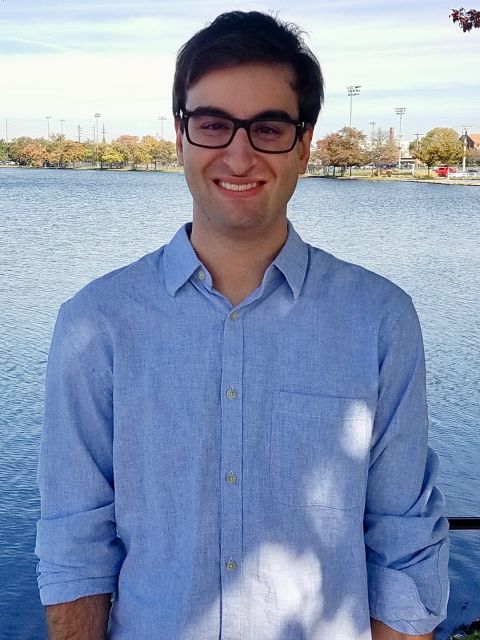
- Senior Research Operations Manager
Michael Sigouros, B.S. Tufts University, is the EIPM Laboratory Manager. He leads cross-functional research platforms to achieve key program objectives, manages high impact, translational research projects, and directs the EIPM Specimen Processing Platform. He previously managed the Beltran Lab, and helped develop genomic platforms for biomarker development in studying clonal evolution of castration resistant prostate adenocarcinoma (CRPC) to a neuroendocrine resistance phenotype through liquid biopsies.

- Clinical Director, Englander Institute for Precision Medicine
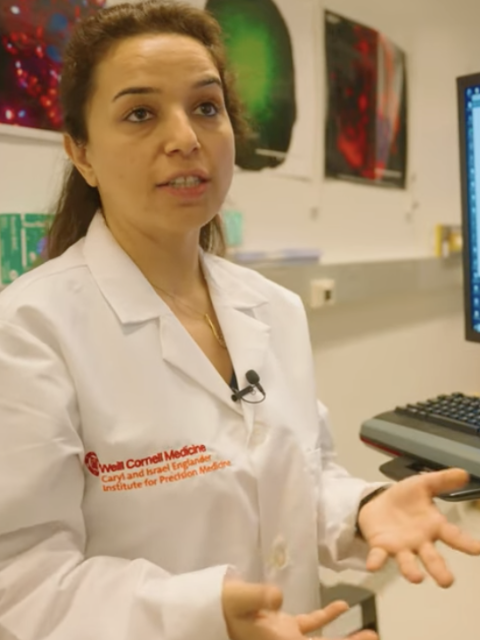
- Director, High Throughput Drug Screening
Experienced researcher in the field of drug discovery/development, cell biology, and robotics. Specific experience in high throughput screening includes: programing, operating, and troubleshooting of liquid handling platforms or integrated robotic systems, such as Hamilton, HighRes Biosolutions, MultiFlo FX, Operetta CLS HCI. Experienced in assay development; ELISA, Mirrorball, Octet ForteBio, flow cytometry assays for antibody screening; GloSensor cAMP assay, CellTiter-Glo (Luminescent Cell viability) assay for small molecule screening; fluorescent based biochemical high throughput screening assays for proteinase activity of an enzyme in the higher education industry. Strong research professional with a Master of Science (M.S.) focused in Pharmacology/Toxicology, from Long Island University.
Academic Faculty
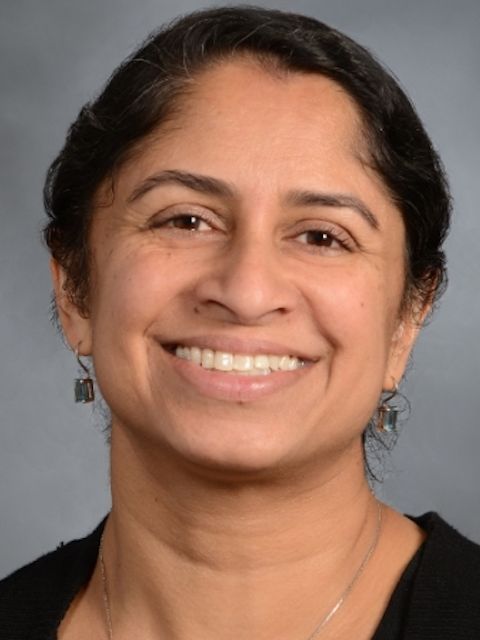
- Associate Professor of Dermatology in Microbiology and Immunology
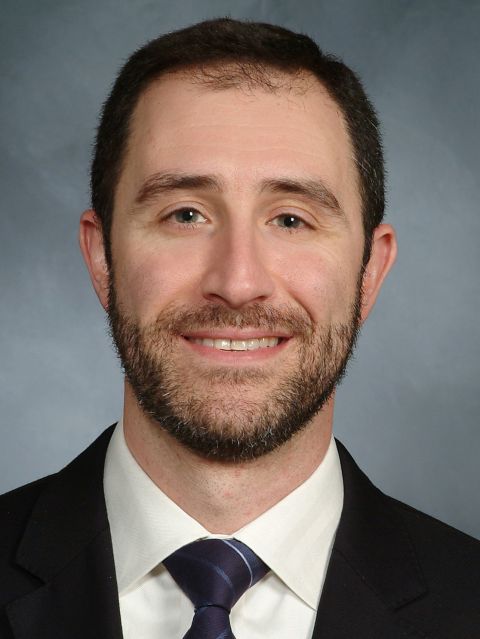
- Peter M. Sacerdote Distinguished Associate Professor in Urologic Oncology
- Walter B. Wriston Clinical Research Scholar in Urology
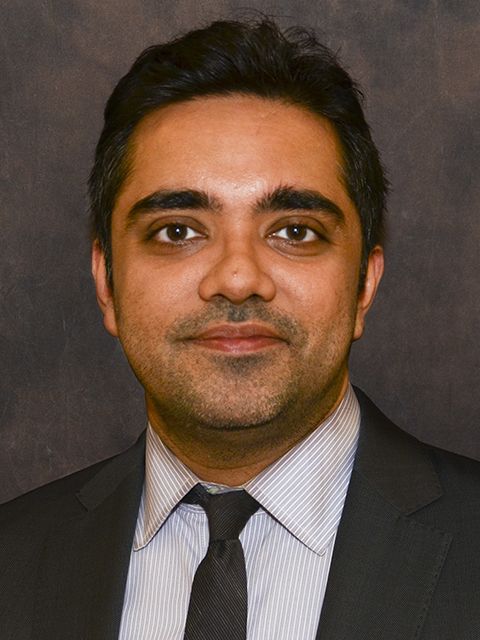
- Assistant Professor of Cell and Developmental Biology
- Assistant Professor of Surgery

- Professor of Neurology in Pathology and Laboratory Medicine
- Professor of Neurology in Medicine
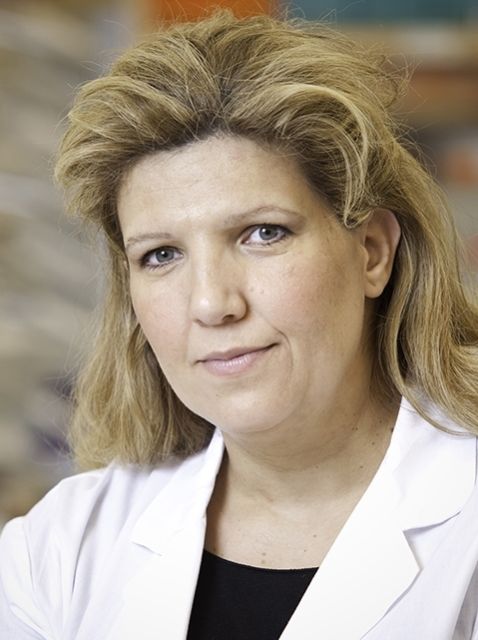
The laboratory of Paraskevi Giannakakou, Ph.D., focuses on the study of the microtubule cytoskeleton of cells and the anti-tumor drugs that target microtubules. Our research is focused on developing an understanding of the molecular mechanism(s) of action of these drugs and of resistance to them, as well as the little-understood functional consequences of drug-induced microtubule disruption and cell death. Microtubules are unique in that they fill the entire cytoplasm from just outside the nucleus all the way to the plasma membrane, providing ample surface for protein-protein interactions; and also in that they have inherent polarity, allowing for the directional flow of information within the cell. As a result, small molecules that target microtubules will disrupt all of these interactions and signal cascades, in addition to affecting mitosis.
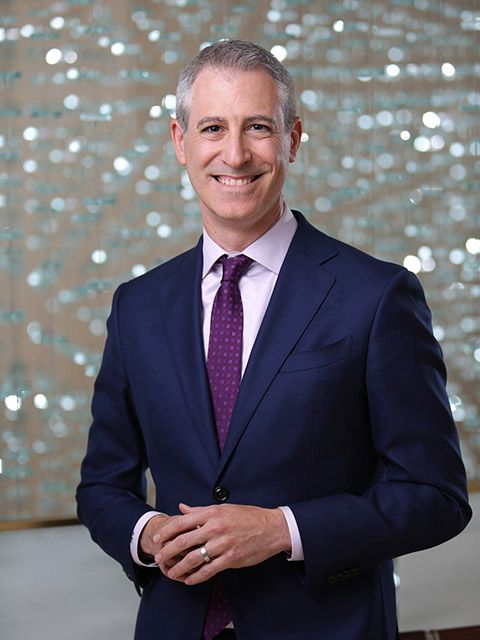
Dr. Jeffrey Greenfield, co-director of the Weill Cornell Medicine (WCM) Children’s Brain Tumor Project, is a board-certified neurosurgeon and neuroscientist specializing in pediatrics at New York Presbyterian-Weill Cornell Medicine, Memorial-Sloan Kettering Cancer Center, and Columbia University Medical Center. Research, education, and compassionate clinical care are all central to his philosophy as a scientist, surgeon, and physician.
Dr. Greenfield is named Vice Chairman of Academic Affairs and Associate Professor of Pediatric Neurosurgery at WCM. In 2012, he co-founded the Children’s Brain Tumor Project laboratory with Dr. Mark Souweidane to carry out their shared purpose of improving outcomes for children with brain tumors by advancing scientific research and developing novel approaches to care.
Dr. Greenfield is the principle investigator on a large-scale precision medicine program and the Gift from a Child rapid autopsy donation program. He founded two rare brain tumor registries for thalamic gliomas and gliomatosis cerebri (a highly invasive glioma) and directs several additional research projects with particular interests in the pediatric brain tumor microenvironment and pediatric brain tumor immunology. His research has been widely published—he has contributed to more than 100 peer-reviewed publications (PubMed)—and he has received various awards from neurosurgical societies.
Dr. Greenfield graduated from Amherst College magna cum laude in Neuroscience before receiving his M.D. and Ph.D. degrees from the Weill Medical College of Cornell University. Following completion of his neurosurgical residency and chief residency at New York Presbyterian-Weill Cornell Medical Center, Dr. Greenfield received further training in surgical treatment of brain and spinal cord tumors at The Children’s Hospital of Philadelphia.
# # #
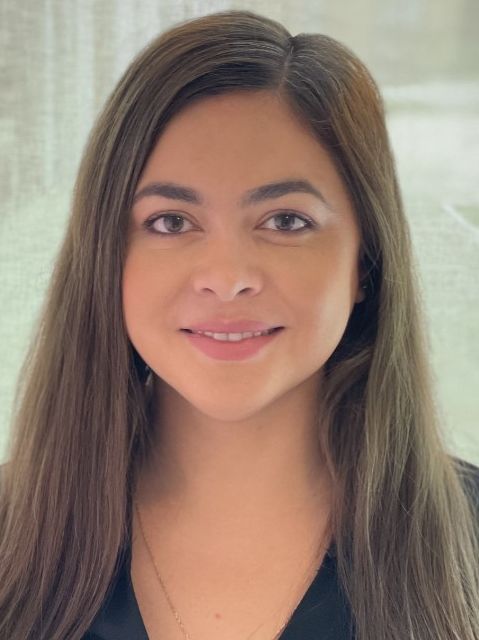
Daniela Guevara, M.D. is an Instructor in Medicine at the Englander Institute for Precision Medicine at Weill Cornell Medicine.
Dr. Guevara attended the University of Buenos Aires School of Medicine where she received her Doctor of Medicine degree. She is certified by the Educational Commission for Foreign Medical Graduates (ECFMG). Dr. Guevara started her training as a postdoctoral research fellow in the Garlock Division of Minimally Invasive Endocrine and Bariatric Surgery at Mount Sinai Hospital where she focus her research in surgical endocrine oncology. She was then selected as a postdoctoral research fellow in the Initiative in Science and Medicine TL-1 NRSA NIH funded program in the Department of Oncology at the Icahn school of Medicine at Mount Sinai where she gained extensive experience in clinical translational research.
Dr. Guevara is currently a team member at the Englander Institute for Precision Medicine where she serves as a liaison between oncologists, pathologists, surgeons, computational biologists, and basic scientists, in order to facilitate the use of next-generation sequencing of tumor genomes and pre-clinical models in high impact research studies.
# # #
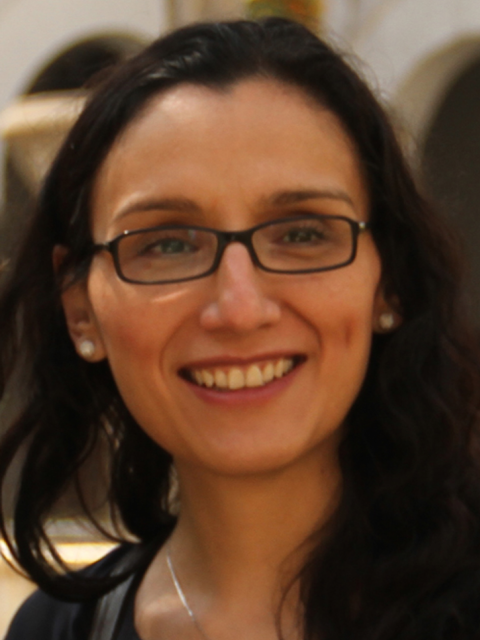
Monica Guzman, Ph.D., is an Associate Professor of Pharmacology in Medicine, appointed in the Division of Hematology & Medical Oncology in the Department of Medicine. She was recruited to Weill Cornell Medical College in 2009 from the University of Rochester.
As the first scientist to identify dysregulated gene networks in leukemia stem cells and capitalize on this dysregulation to develop therapies to destroy them, Dr. Guzman is widely viewed as one of the world’s foremost experts in therapeutic targeting of leukemia stem cells. She has authored or co-authored numerous papers in the field and has received funding from the NIH, Leukemia & Lymphoma Society, V Foundation, and other organizations.
Dr. Guzman’s passion is to perform world-class translational research through close interactions between research and clinic to accelerate the development of new and more effective leukemia treatments that ablate leukemia stem cells.
# # #
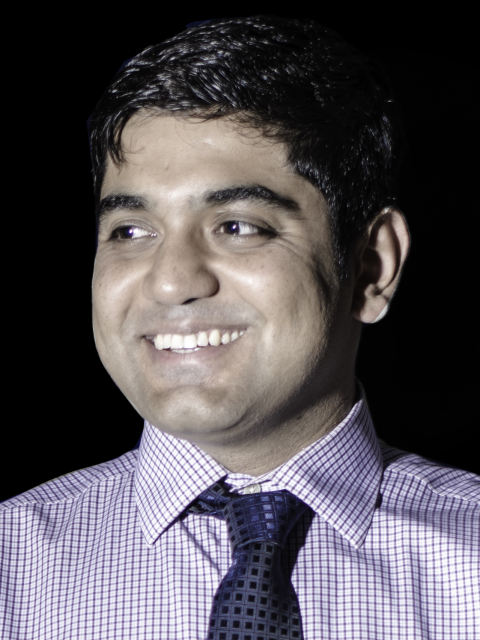
Iman Hajirasouliha, Ph.D. is an Associate Professor of Computational Genomics in Computational Biomedicine and an Assistant Professor of Physiology and Biophysics, Physiology and Biophysics. Dr. Hajirasouliha and his lab team are passionate about developing new algorithms, machine learning and deep learning methods, and their applications to genomics, metagenomics and cancer research. Some of the current projects in the lab include characterizing human genomes and metagenomes sequenced by exciting new technologies, quantifying cancer evolution, study of tumor heterogeneity using genomics and digital pathology images.
# # #
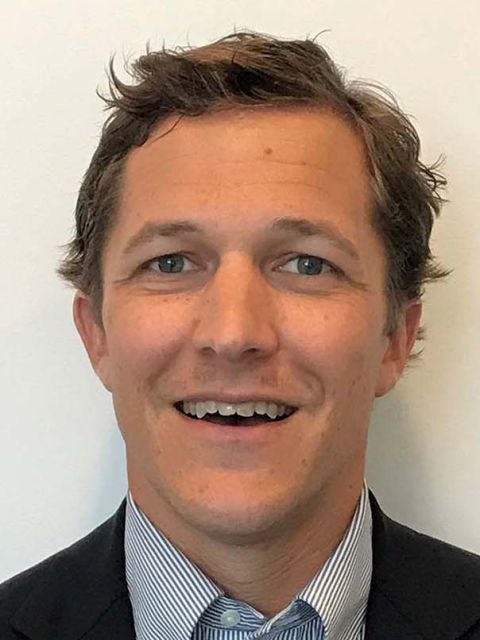
- Director of Ex Vivo Models
- Director of Ex Vivo Models at the Englander Institute for Precision Medicine.
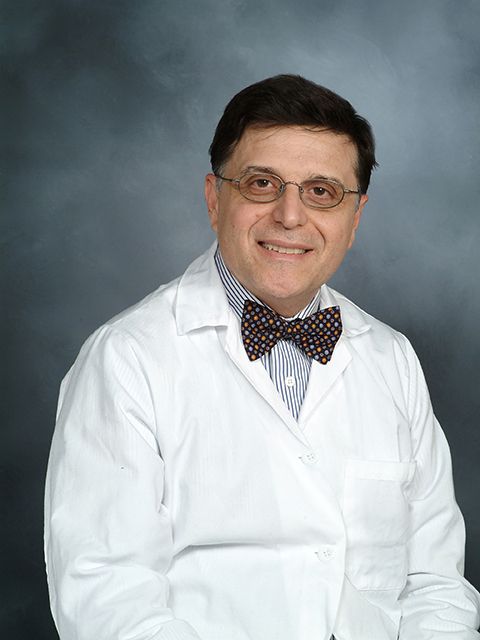
Giorgio Inghirami, M.D., is a practicing hematopathologist and a Professor of Pathology and Laboratory Medicine and an Attending Pathologist at NewYork-Presbyterian Hospital. Dr. Inghirami has contributed more than 160 peer-reviewed publications, mostly in the area of lymphoma research, to the medical and scientific literature. His laboratory has used a variety of techniques including deep sequencing, Doplet PCR, qRT-PCR, high-density tissue microarrays, SNP arrays, and expression of cDNA arrays and shRNA lentiviral libraries. His group has gained experience using gene knockdown strategies in a variety of in vitro models, and they have generated several mouse models and a large library of human Patient Derived Tumorgrafts from primary T-cell lymphoma (PTCL), B-cell disorders and Non – Small Lung Cancers (NSCLC). He is the recipient of both the Benjamin Castleman Award by the United States and Canadian Academy of Pathology recognizing his contributions to the field of pathology and the Shannon Award from the National Cancer Institute.
# # #
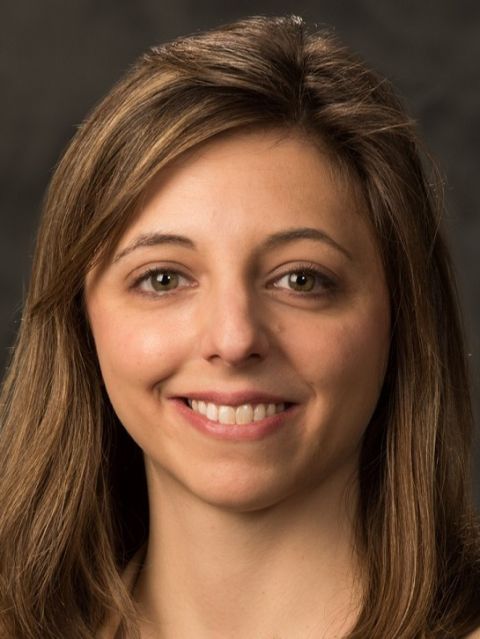
- Associate Professor of Pathology and Laboratory Medicine
- Associate Professor of Pathology in Urology
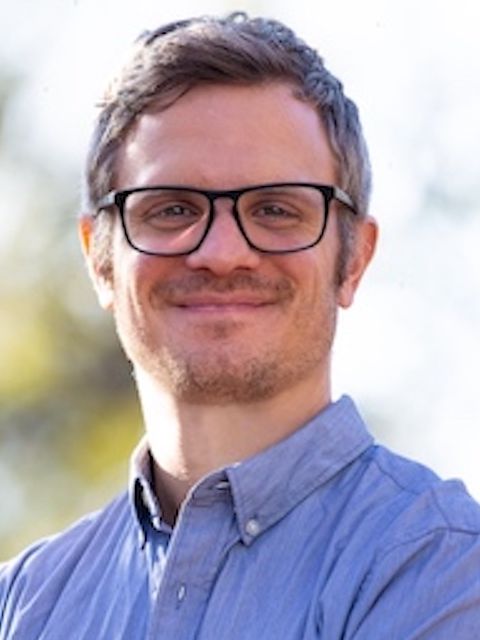
- Assistant Professor of Physiology and Biophysics
- Assistant Professor of Computational Genomics in Computational Biomedicine
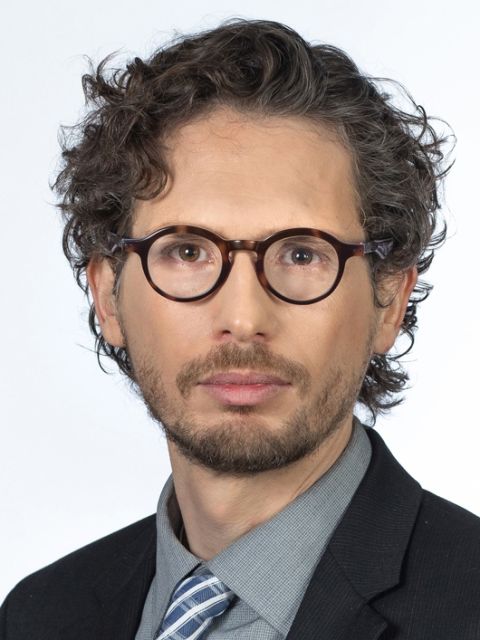
- Associate Professor of Medicine
- Associate Professor of Physiology and Biophysics
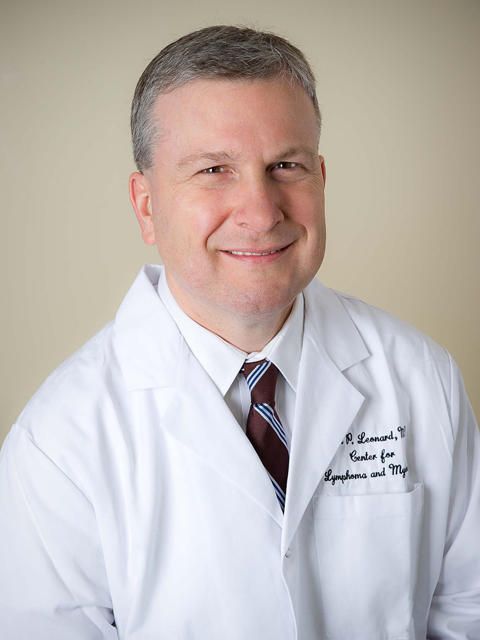
- Acting Chair of Medicine
- Richard T. Silver Distinguished Professor of Hematology and Medical Oncology
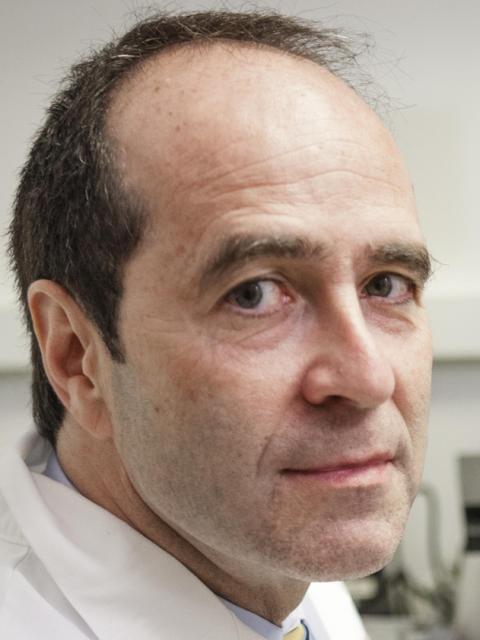
Timothy E. McGraw, Ph.D., and his lab team study endocytic membrane trafficking. Eukaryotic cells internalize extracellular ligands such as proteins and nutrients by a process called endocytosis. Endocytosis also mediates the internalization of cellular membrane proteins, such as transporters and receptors, into tubular-vesicular structures called endosomes. In addition to playing a key role in many constitutive cellular functions (i.e., nutrient uptake), the endocytic system is involved in a number of important regulated processes. Membrane trafficking is the subject of intense study. There are two main projects ongoing in my lab. For a discussion of these projects please click on the links below.

- Professor of Computational Biomedicine
- Professor of Genetic Medicine
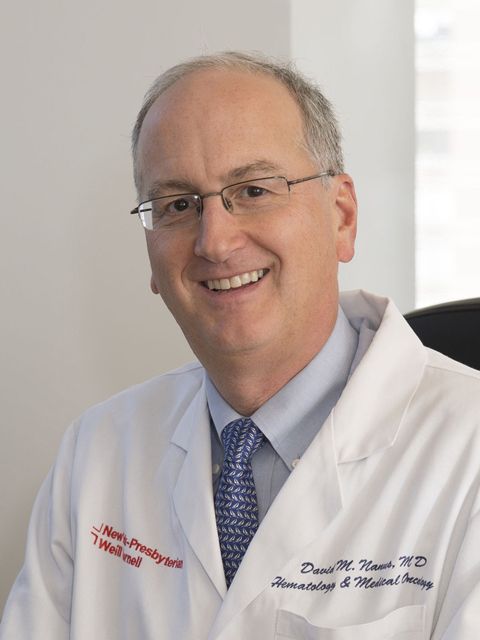
- Mark W. Pasmantier Professor of Hematology and Oncology in Medicine
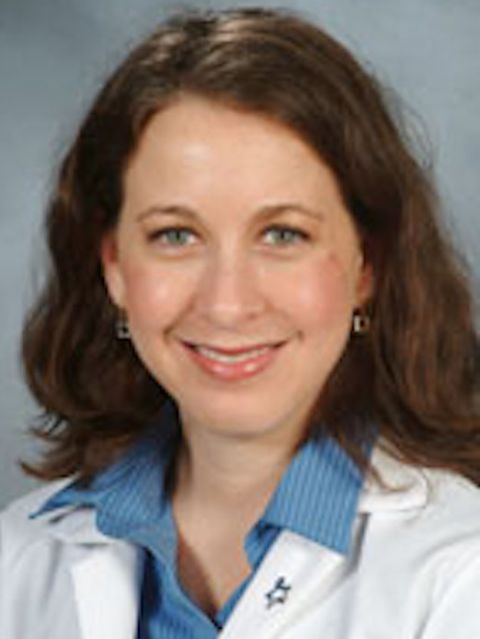
- Director of the Early Onset Gastrointestinal Cancer Program
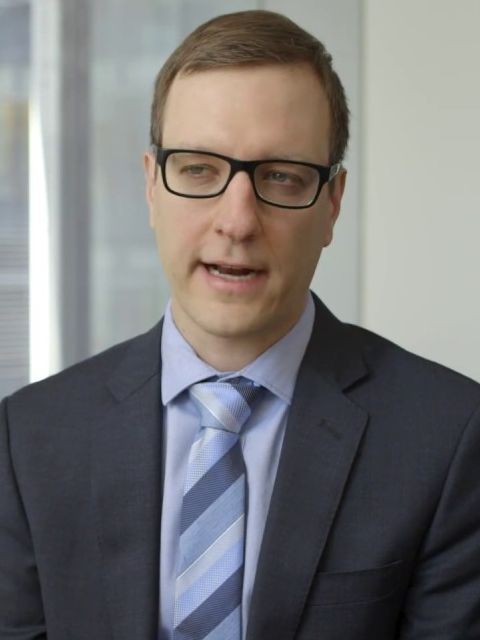
David Pisapia, M.D., is a neuropathologist committed to treating every surgical specimen received with the utmost care and attention. Patients and their treating physicians rely on an accurate and comprehensive pathology report that often serves as the foundation for devising the most effective treatment strategy. Dr. Pisapia is constantly thinking about ways to improve the handling and analysis of surgical specimens with the goal of providing the most clinically meaningful information to patients and their treatment team.
# # #
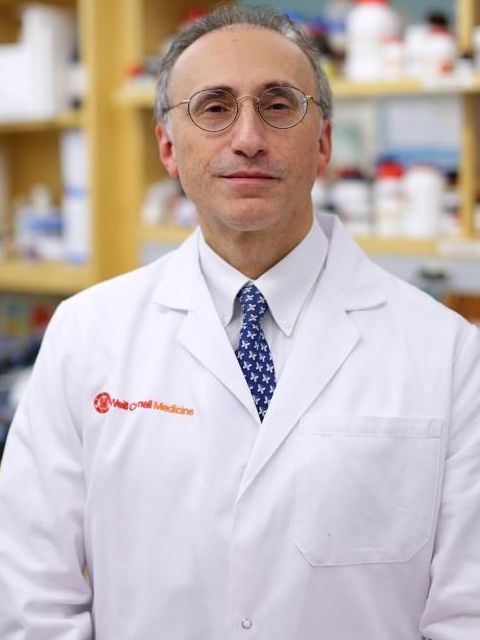
- Professor of Reproductive Medicine
- Professor of Medicine
- Professor of Genetic Medicine

- Assistant Professor of Cancer Biology Research in Medicine, Director, Liquid Biopsy Platform of the Englander Institute for Precision Medicine
Carolina Reduzzi, PhD, is Assistant Professor of Cancer Biology Research in Medicine and the Director of the Cristofanilli laboratory in the Division of Hematology/Oncology at Weill Cornell Medicine (New York, USA). She is the Chair of the Young Committee of the International Society of Liquid Biopsy (ISLB). For the last decade, her research has focused on the use of liquid biopsy in solid tumors, to develop new biomarkers and to better understand the biology of metastasis. She has experience in the analysis of circulating tumor cells (CTCs) at the single-cell level and has developed pipelines for isolation and genomic profiling of CTCs.

- Associate Professor of Pathology in Urology
- Associate Professor of Pathology and Laboratory Medicine
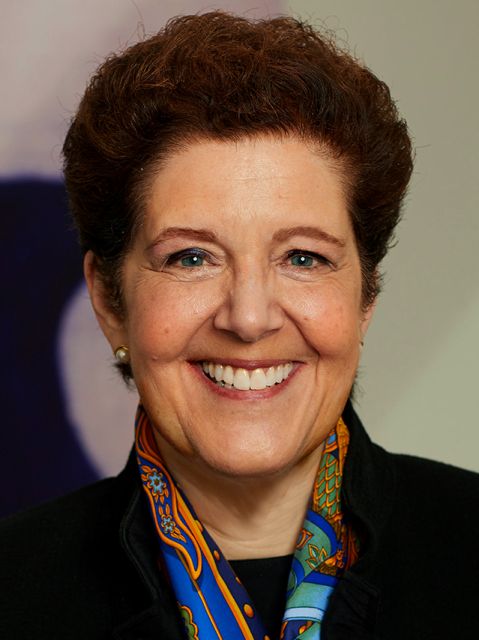
- Professor of Neuroscience
- Professor of Neurology

- Madeline and Stephen Anbinder Clinical Scholar in Hematology/Oncology
- Assistant Professor of Medicine

- Assistant Professor in Anesthesiology
- Assistant Attending Anesthesiologist
Joseph Scarpa, MD, PhD is an Assistant Professor and Van Poznak Research Scholar in the Department of Anesthesiology at Weill Cornell Medicine. Trained in computational biology, his research focuses on the use of artificial intelligence for integrating digital and omic technologies for surgical care. He completed his residency in anesthesiology and fellowship in liver transplant anesthesiology in New York Presbyterian Hospital/Weill Cornell. Before joining Weill Cornell, he earned his MD and PhD at the Icahn School of Medicine at Mount Sinai. He is the recipient of the ASCI Emerging Generation Award and has been funded by the National Institute of Mental Health and the Foundation for Anesthesia Education and Research.
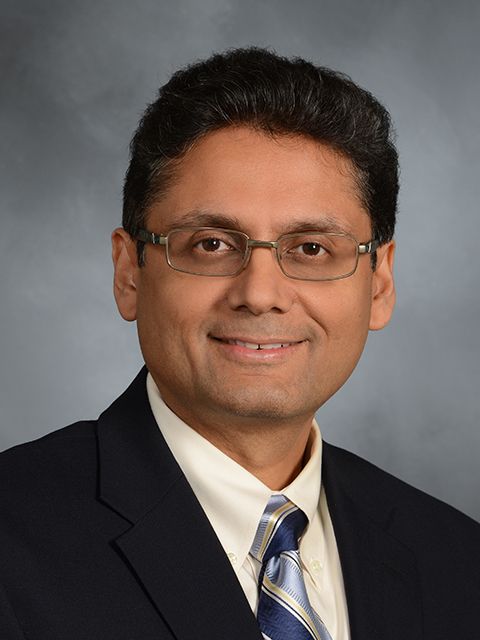
- Bartlett Family Professor in Gastrointestinal Oncology
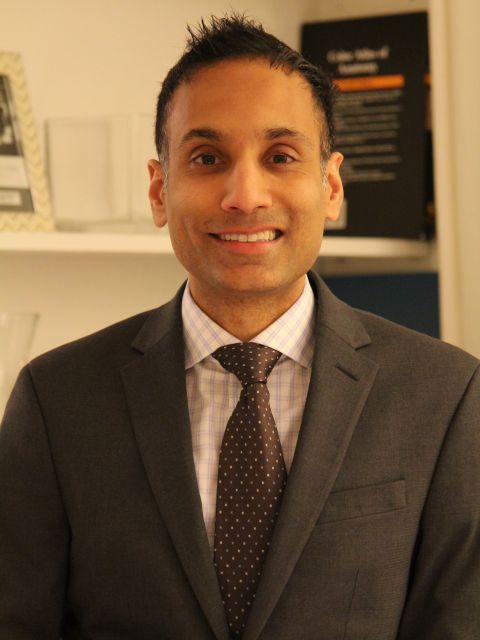
- Associate Professor of Medicine
- Associate Professor of Population Health Sciences
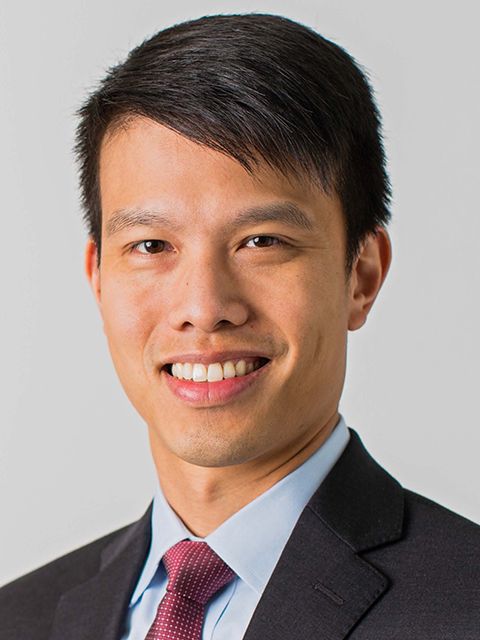
- Assistant Professor of Population Health Sciences
- Assistant Professor of Medicine
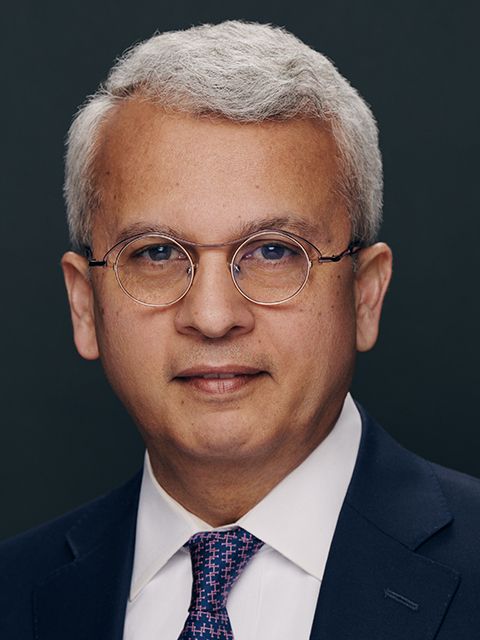
- Professor of Pathology and Laboratory Medicine
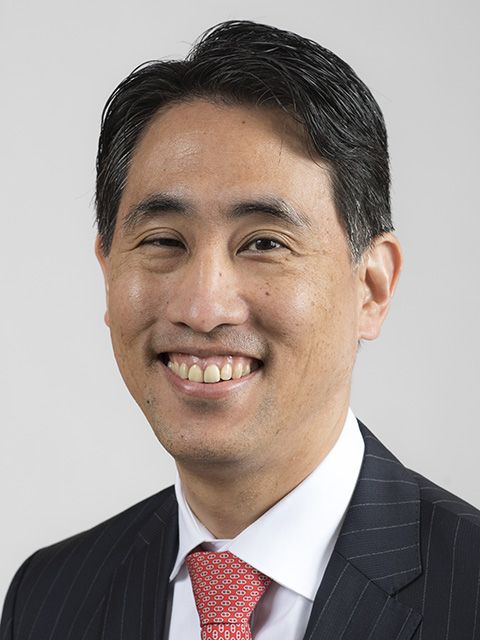
- Professor of Medicine
- Professor of Medicine in Urology
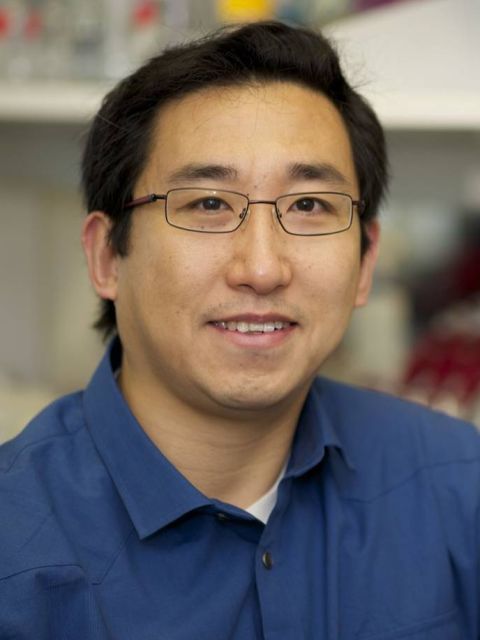
Haiyuan Yu is a Tisch University Professor in the Department of Computational Biology and a member of the Weill Institute for Cell & Molecular Biology. The Yu lab’s researches the broad area of Biomedical Systems Biology, aiming to understand gene functions and their relationships within complex molecular networks, and how perturbations to such systems may lead to various human diseases.
Staff
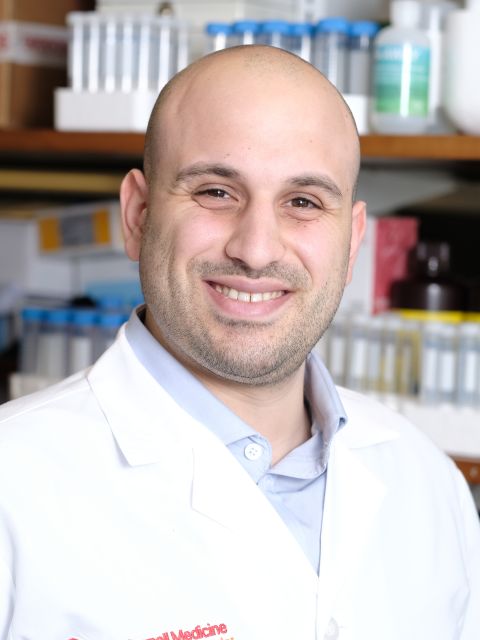
- Fellow in Pathology and Laboratory Medicine
Majd Al Assaad, M.D. is a Senior Research Fellow in the Department of Pathology and Laboratory Medicine, and a Member of the Englander Institute for Precision Medicine. He worked as an Oncology Postdoctoral Research Fellow at the American University of Beirut Medical Center before completing one year of pathology residency at the same institution. Dr. Al Assaad has research experience in basic science and organic and inorganic chemistry.
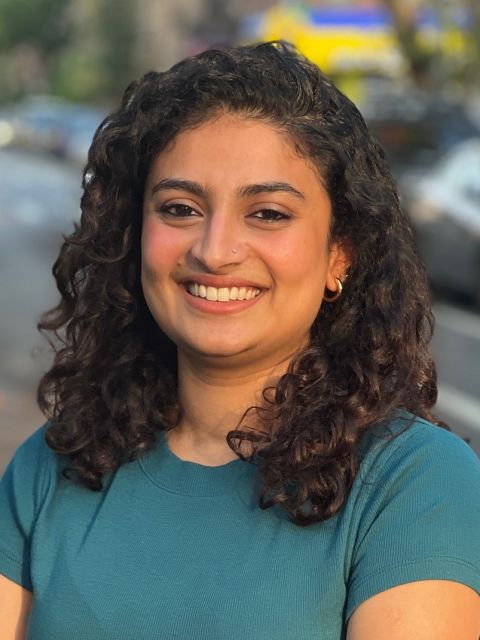
- Translational Research Specialist
Maitri is a research specialist on the Organoid team that focuses on developing personalized ex-vivo models for cancer by culturing patient derived cell lines in 3D. Her research focuses are rare tumor optimizations and exploring new growth medias and new synthetic hydrogels to develop organoids.
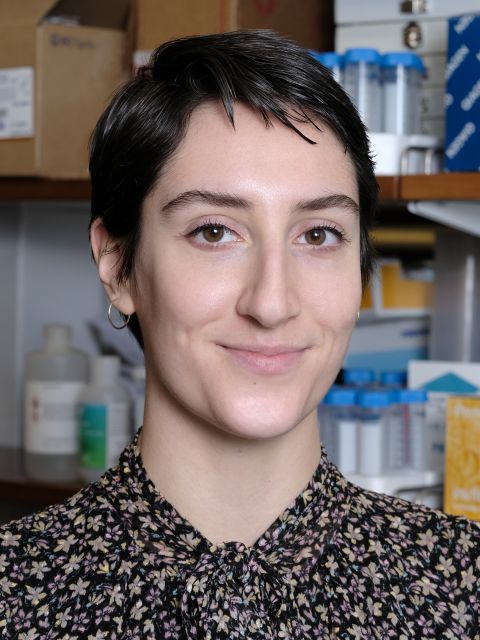
- Laboratory Administrative Assistant
Olivia Baldanza is the Laboratory Administrative Assistant at the Englander Institute for Precision Medicine.
In their college career, Mx. Baldanza became fascinated with the study of the mind and the research that propelled discoveries. They became interested in cognitive studies and neuroanatomy and took classes to learn more about the field. This propelled Mx. Baldanza to get involved in research on campus. They began by interning in a physical therapy lab studying physical interventions for treating abnormal muscular development in children with autism. Graduating soon after the start of the pandemic, Mx. Baldanza began their role at BioIVT as Clinical Operations Coordinator. They managed the distribution of thousands of samples and shipments to hundreds of pharmaceutical companies, universities, and research institutions. Their career there solidified their desire to be in the research field as well as strengthened their abilities in lab management, project management, teamwork, and domestic and international shipment coordination.
Now, they're working with Weill Cornell Medicine in the Englander Institute for Precision Medicine as an organizational, innovative support, managing the laboratory, handling shipments for collaborative projects, recuperating funds, and improving organization to aid research project development.
Olivia Baldanza graduated from the University of Delaware with a B.A. in Psychology and a minor in Neuroscience.
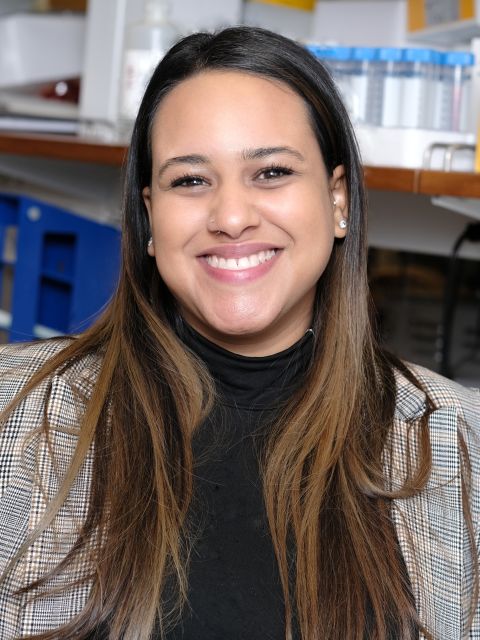
- Research Program Specialist-Blood Biobank
Katerine Claudio supports the Englander Institute for Precision Medicine as a Clinical Research Program Specialist. She provides direct support to the Whole Genome Sequencing study in both the Endocrinology and Cardiovascular departments at WCM. In this capacity, she provides support in all enrollment processes, biological sample collection and clinical workflows, while helping to expand the future of medicine alongside the blood biobanks at WCM, where human samples are stored for continuing research.
This work includes coordinating patient research appointments, streamlining communication with patients and staff involving all research study information/data, and all administrative duties that help support each team.
Katerine enjoys spending time with her family, going to the movies, and traveling on her free time.
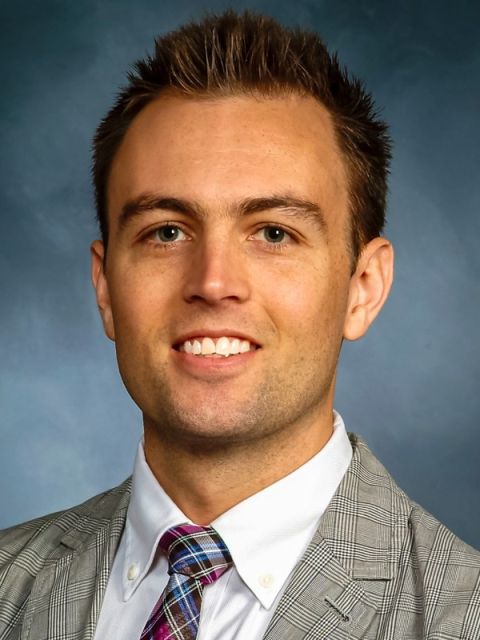
Ashley Stephen Doane, Ph.D. is a member of the Institute for Computational Biomedicine as well as the Tri-I Program in Computational Biology & Medicine. As part of the Elemento Lab, he focuses his research in Computing in Mathematics, Natural Science, Engineering and Medicine, Oncology and Cancer Research. Ashley’s current project, ‘CREBBP in lymphoma’ is in progress.
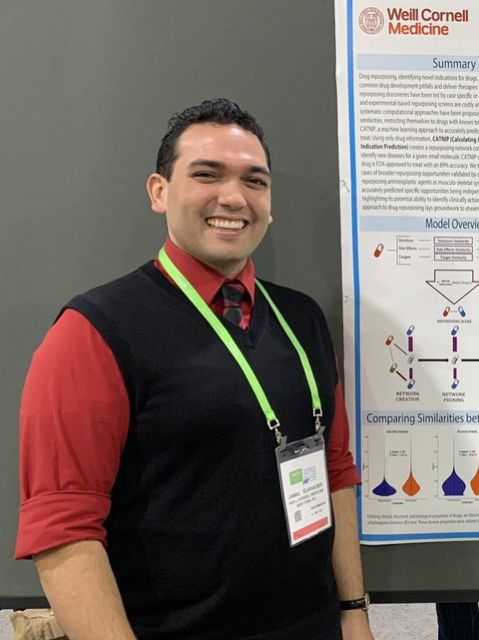
Jamal Elkhader, Ph.D. works under the mentorship of Dr. Olivier Elemento. He is a member of the Tri-I Program in Computational Biology & Medicine, as well as the Institute for Computational Biomedicine. As part of the Elemento lab, Jamal’s research focuses on applying machine learning and other computational techniques to traditional drug development.
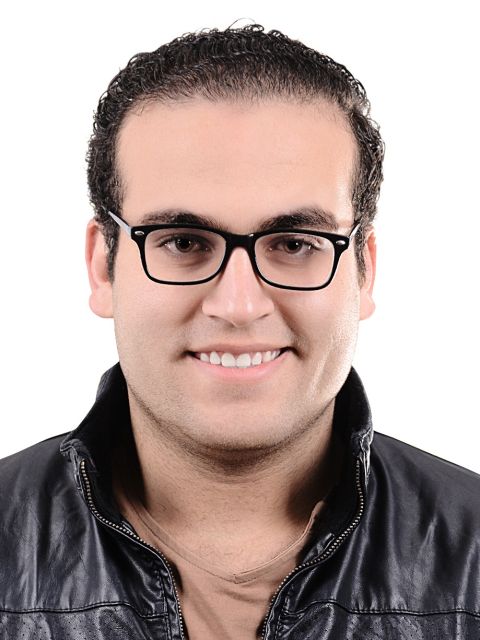
- Fellow in Pathology and Laboratory Medicine
Ahmed Elsaeed obtained his MD degree from Mansoura University- Egypt (Class 2020). He had 1-year home experience in molecular pathology before joining the EIPM as a pathology research fellow in December 2021. He is currently working on projects related to molecular genomics of cancers and digital pathology.
In his free time Ahmed loves reading, writing, and sports like soccer and basketball.
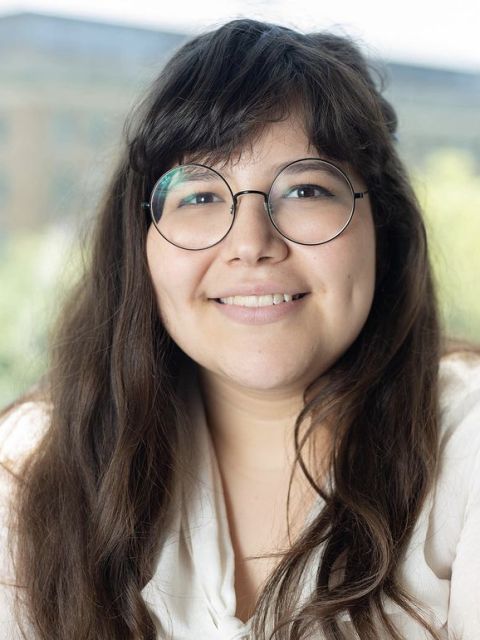
- Graduate student
Valerie is a graduate student in the BCMB program at Weill Cornell. She is currently focused on senescence in the context of tumor response and is studying ways to decrease the potential senescent fibroblast population in the tumor microenvironment.
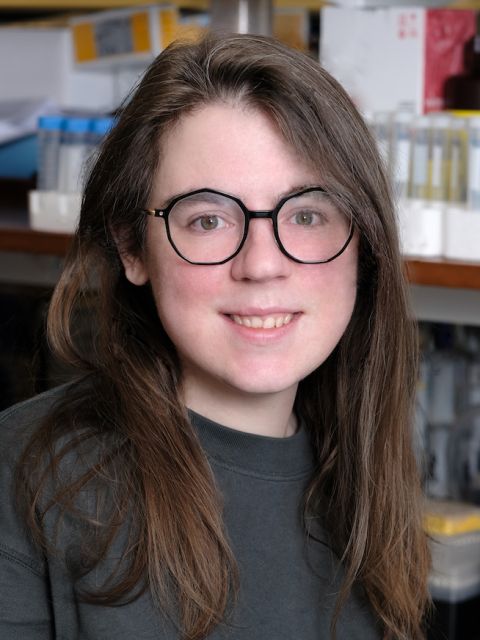
- Bioinformatics Analyst
Kathryn primarily manages, processes, and analyzes EIPM’s RNA-seq data. She enjoys drawing and pastel painting in her free time.
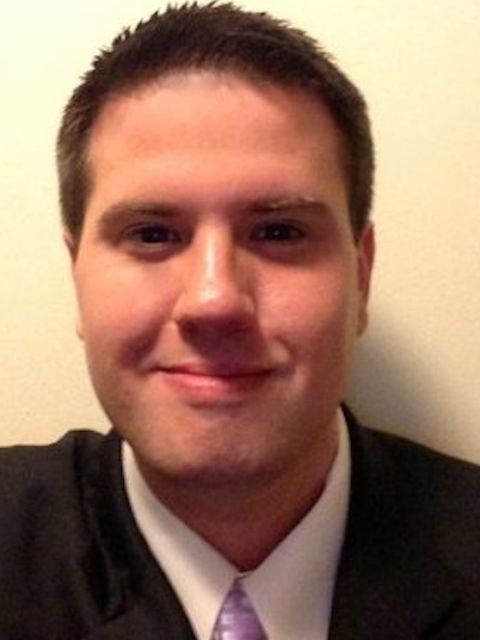
- ClinicResearch & Compliance Manageral Research Manager-Precision Med
Noah Greco, MBA, is the Research & Compliance Manager for the Englander Institute for Precision Medicine. He manages the regulatory compliance processes and plays a key role in downstream data management and distribution.
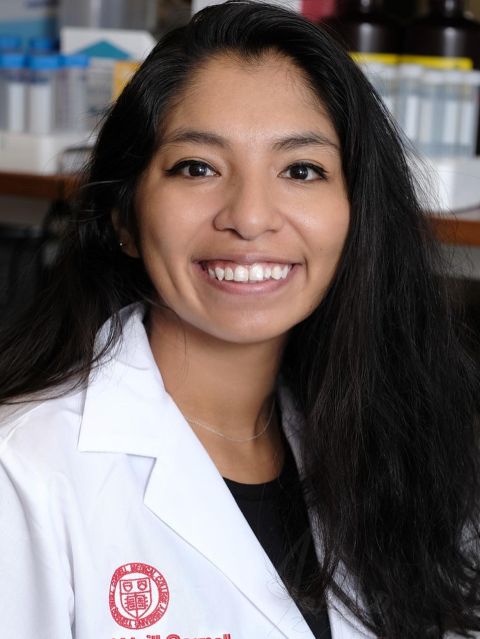
- Graduate student
Yanira is a graduate student in the BCMB program at Weill Cornell Medicine where she is co-mentored by Drs. Olivier Elemento and Melissa B. Davis. Yanira’s research involves using precision medicine to address biological determinants of cancer health disparities in triple negative breast cancer.
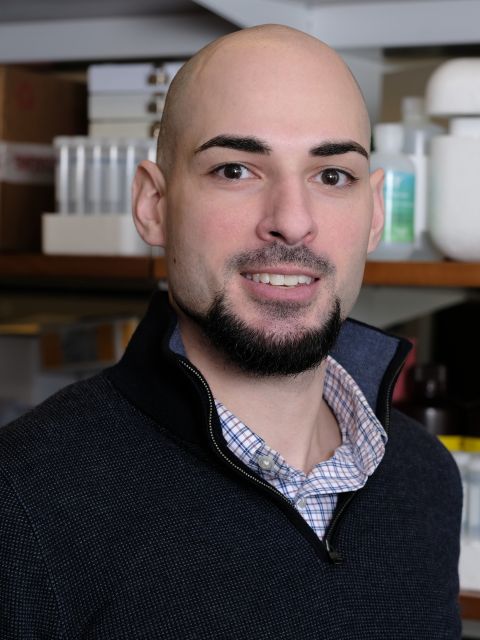
- Laboratory Operations Specialist
Casey Hebding is a Laboratory Operations Special for the EIPM research laboratory and has been at the institute since 2016. Casey's primary focus is supporting the laboratory team with new solutions in the form of custom systems and streamlined, more automated, processes that help to ease some of the burden of repetitive work for the researchers. Casey attended Quinnipiac University and graduated in 2012 with a BS in Biomedical Science.
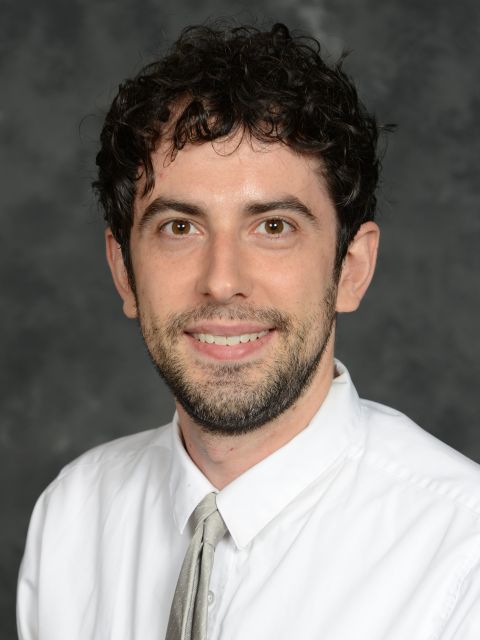
- Senior Bioinformatics Analyst
Sean is a Senior Bioinformatics Analyst for the Englander Institute for Precision Medicine. His research background includes investigating and overcoming checkpoint blockade immunotherapy, characterizing SARS-CoV-2 pathogenesis through disease models, and the mechanism which critical transcription factors maintain cellular identity in certain endothelial cell and stem cell populations.
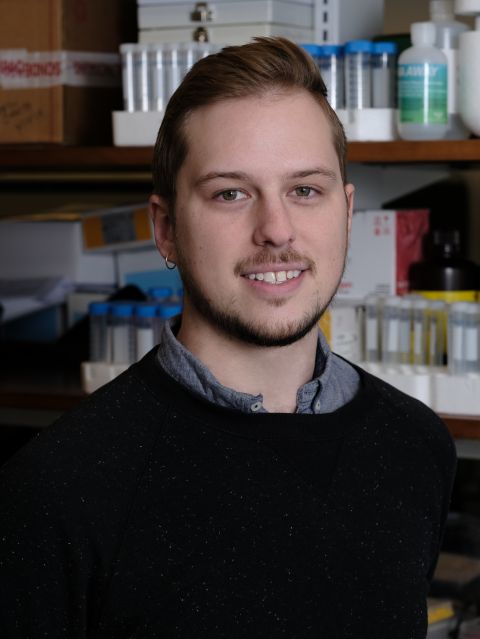
Troy is a Clinical Research Assistant supporting the Specimen Processing platform at the EIPM. His focus is coordinating sample intake and processing from various projects, and utilizing these research samples for downstream genetic sequencing via nucleic acid extraction.
He graduated from Boston University with a B.A in Biology and minor in Environmental Science.
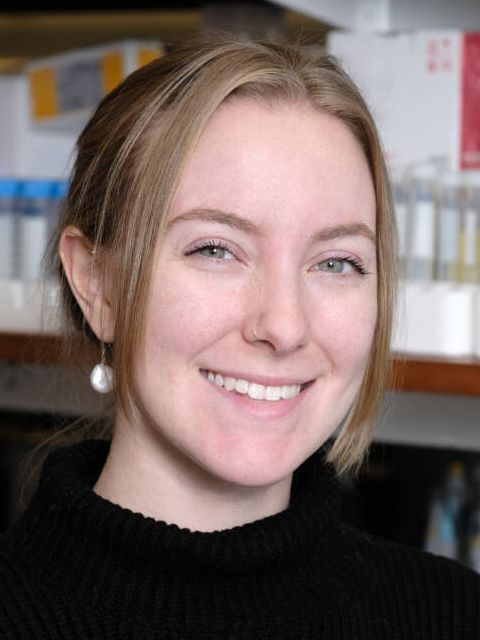
- Translational Research Technologist II
Abigail is a Research Technician at EIPM. She works collaboratively with the EIPM team to use samples for genetic sequencing in pursuance of finding therapeutic options for a wide variety of cancer types. She is responsible for sample extraction, quantitative analysis, and sequencing coordination.
She graduated from The University of Tennessee at Chattanooga with a BS in Biology.
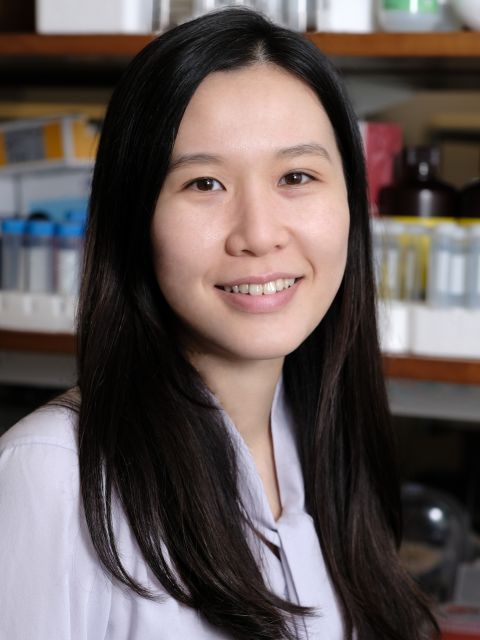
- Graduate student
Hui-Hsuan (Helen) Kuo is a Ph.D Candidate in the Weill Cornell Graduate School Pharmacology Program. She is working in the Organoid Platform at Englander Institute for Precision Medicine under the mentorship or Dr. Olivier Elemento.
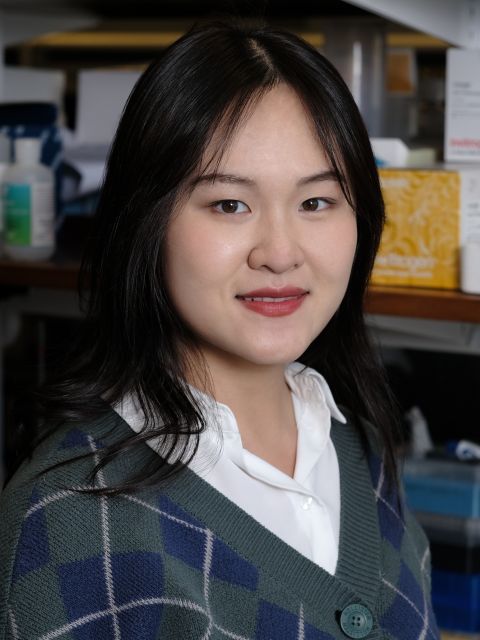
- Bioinformatics Analyst
Zichan Li is a bioinformatics analyst. Her research focus is on applying data and computational analysis to understand the mechanism of clonal hematopoiesis and related diseases.
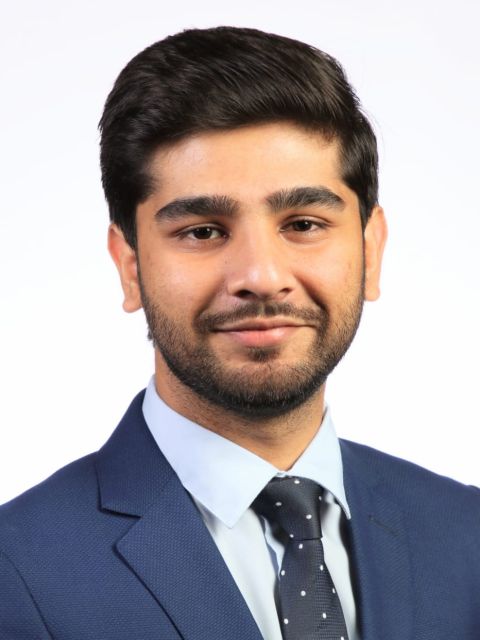
- Research Associate
Areeb Lutfi, MBBS, is a Clinical Research Associate at EIPM. Dr. Lutfi works closely with the Department of Heme/Oncology at Weill Cornell Medicine and his research focus has been on liquid biopsies and early-phase clinical trials.

- Research Program Specialist

- Postdoctoral Associate in Physiology and Biophysics
Shalini Nath, Ph.D., is a Postdoctoral Associate at the Englander Institute for Precision Medicine. She is a molecular cancer biologist. Her research area focuses on the molecular mechanisms underpinning sensitivity to combination therapeutics in ovarian and breast. She utilizes patient-derived tumor organoid models to identify tumor-specific therapeutic vulnerabilities.

- Translational Research Technologist II
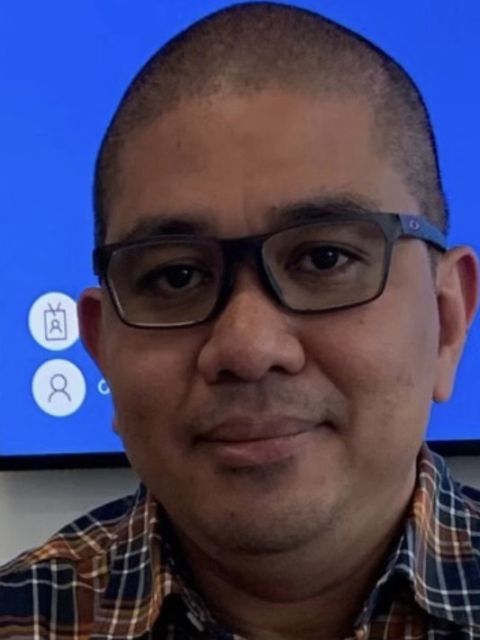
- Senior Clinical Research Assistant
John works as part of the data collection and management for the clinical-research program of EIPM.
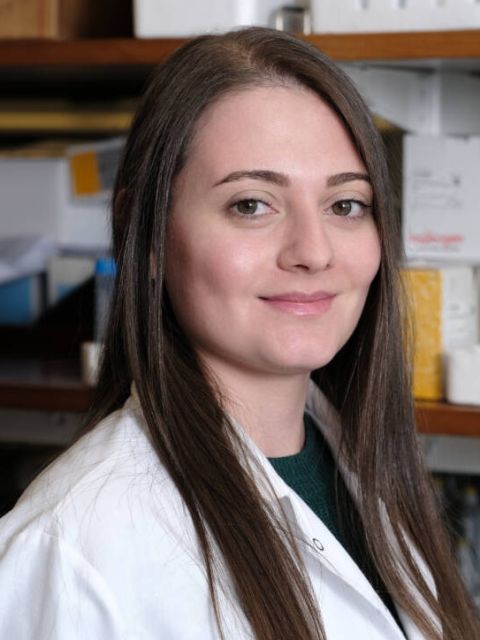
- Research Specialist-FISH
Alissa Semaan is working as a Research Specialist-FISH at the Englander Institute of Precision Medicine. Her responsibilities include carrying out and optimizing ISH-based research protocols, interpreting FISH assays using a fluorescent microscope and image analysis.
Alissa graduated with a Maters of Science in Chemistry at the Lebanese University.
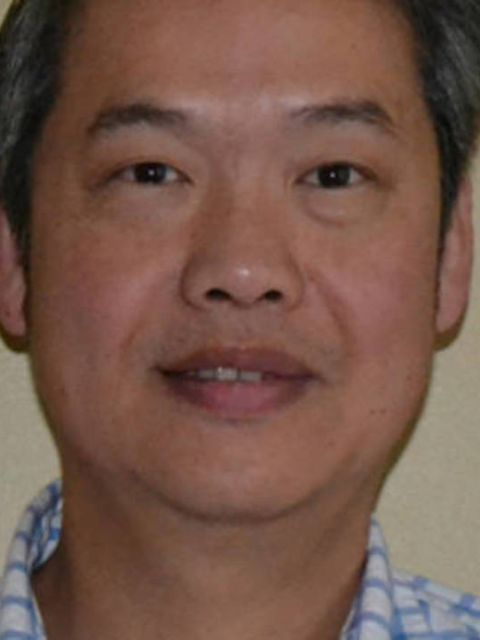
- Senior Programmer Analyst
Jeff Tang is a Full Stack Software Engineer at the Englander Institute for Precision Medicine. He holds a MS degree in Computer Science from John Hopkins University. At EIPM he is involved in numerous projects focusing on improving daily operations and productivity for the lab including LIMS, Dashboard etc. In the past, Jeff has been involved in various projects including the Translational Research Program, SPORE, Profiler, Hemebank database, and other projects for Department of Pathology and Laboratory Medicine.

- Translational Research Specialist
Austin attended La Salle University and graduated with a Bachelor's of Science degree in Biology. Austin's responsibility is to help oversee and coordinate laboratory activities associated with specimen processing. This includes the downstream translational research sample prioritization and assay execution pertaining to its novel research processes such as sample extraction, QC, and biobanking.

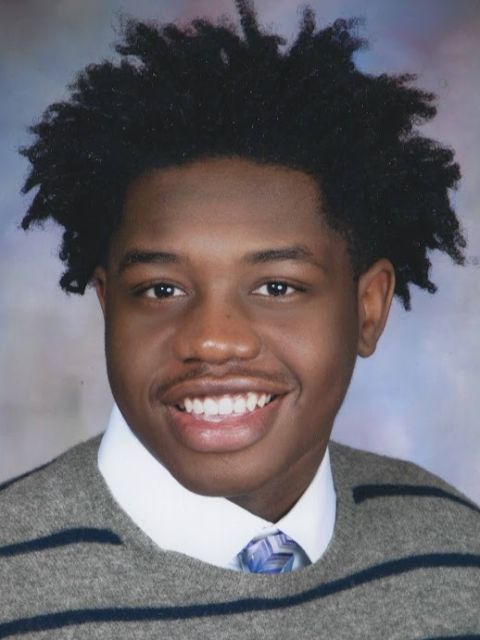
- Research Technician II
Marvel Tranquille, M.S., holds a master’s degree in Biomedical Sciences with a concentration in Physiology and Biophysics. He currently works on the organoid team as a research technician at the Englander Institute for Precision Medicine. He is a part of a team that is developing the technology for personalized, ex-vivo models for cancer. He works specifically with the optimization and maintenance of organoids that are being developed for drug screening and other experiments.
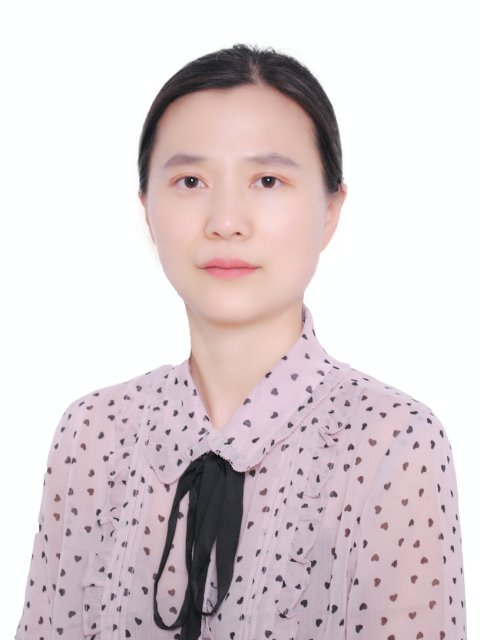
- Senior Bioinformatics Analyst
Xiaofei is a Senior Bioinformatics Analyst for the Englander Institute for Precision Medicine.
Her research interest is to reveal the mechanism of cancer occurrence and development via exploring big data, such as transcriptome data, methylation data, Transposable Elements, and etc.
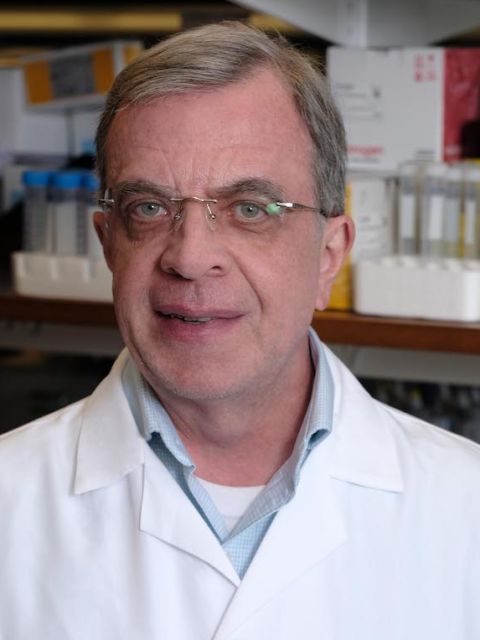
- Senior IPM Lab Coordinator
David’s research focus is on investigating gene mutations in cancer, and the role of epigenetic changes in advanced cancer. He also run high-throughput DNA extraction and blood fractionation robots at EIPM.
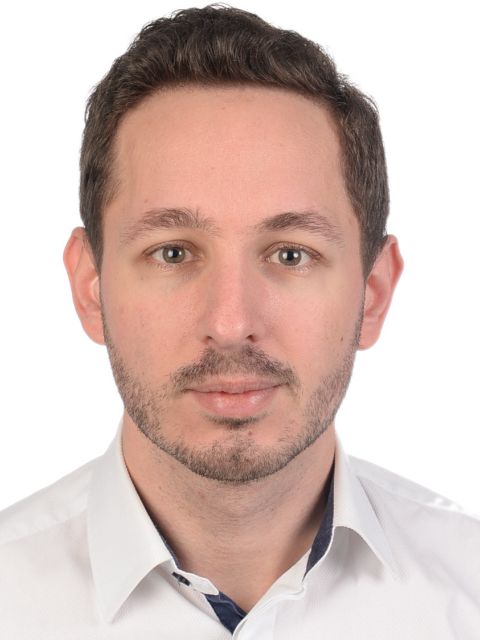
- Senior Software Engineer
Pantelis Zisimopoulos is a Full Stack Software Engineer at the Englander Institute for Precision Medicine. He is working on developing innovative software systems that support the institute in their mission to efficiently match new, biologically-targeted therapies to patients who need it. He has a MSc. in Software Engineering from the University of Amsterdam. He has experience in building a big variety of software systems and integrations with them so to create a more complete solution; SaaS applications, web-based enterprise solutions, phone and desktop applications. He is driven by developing software on time, within budget, build with the end user in mind and makes an impact.





